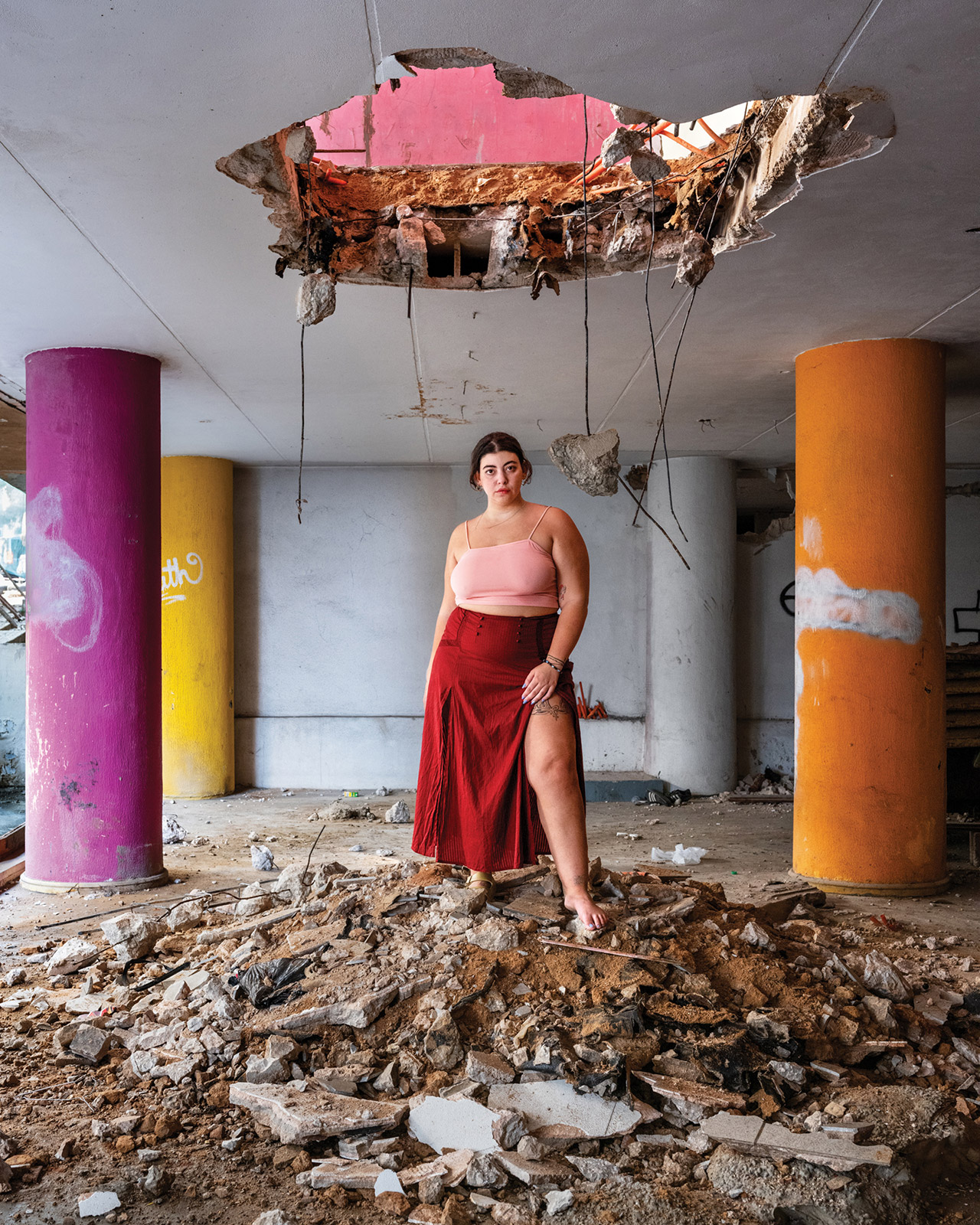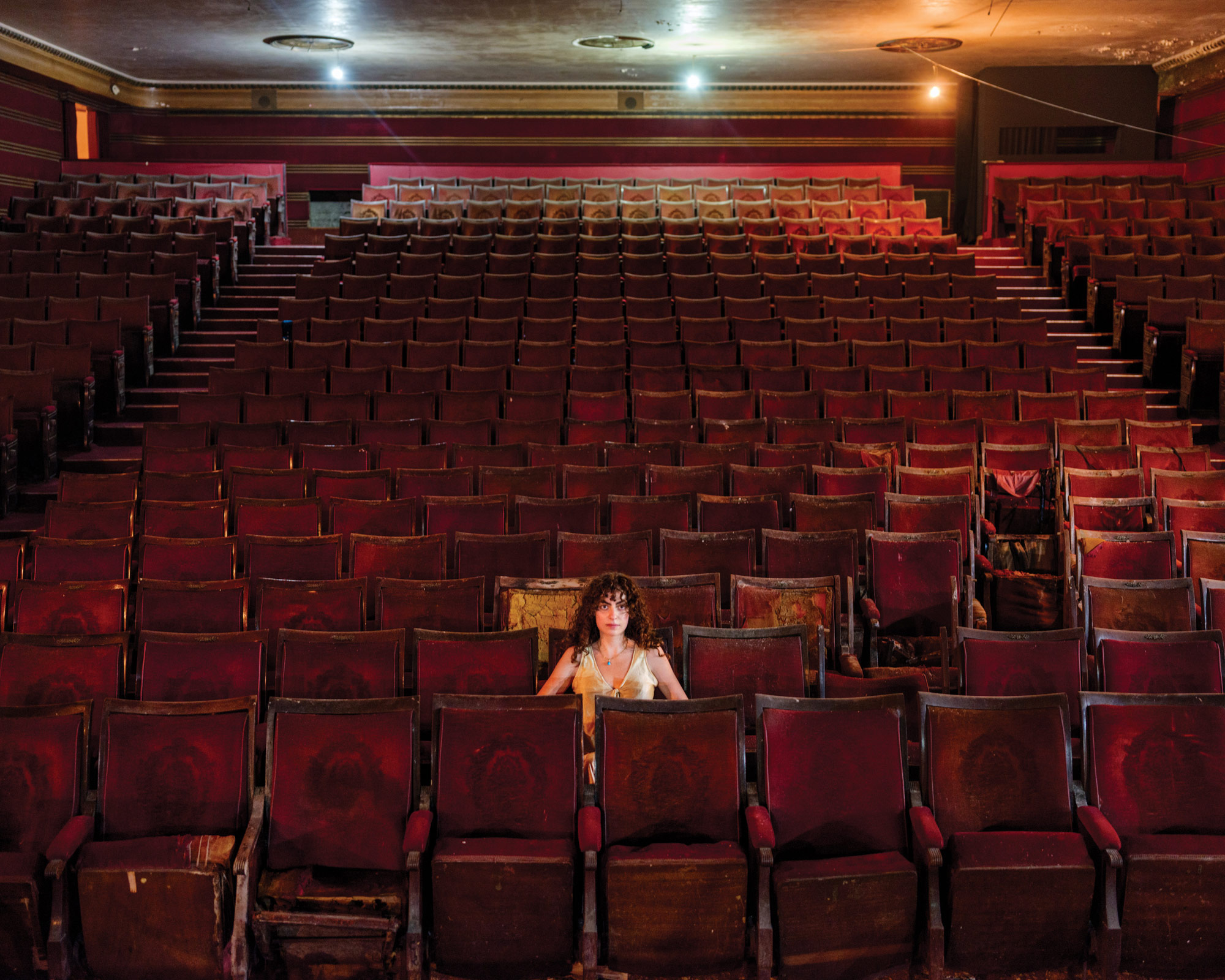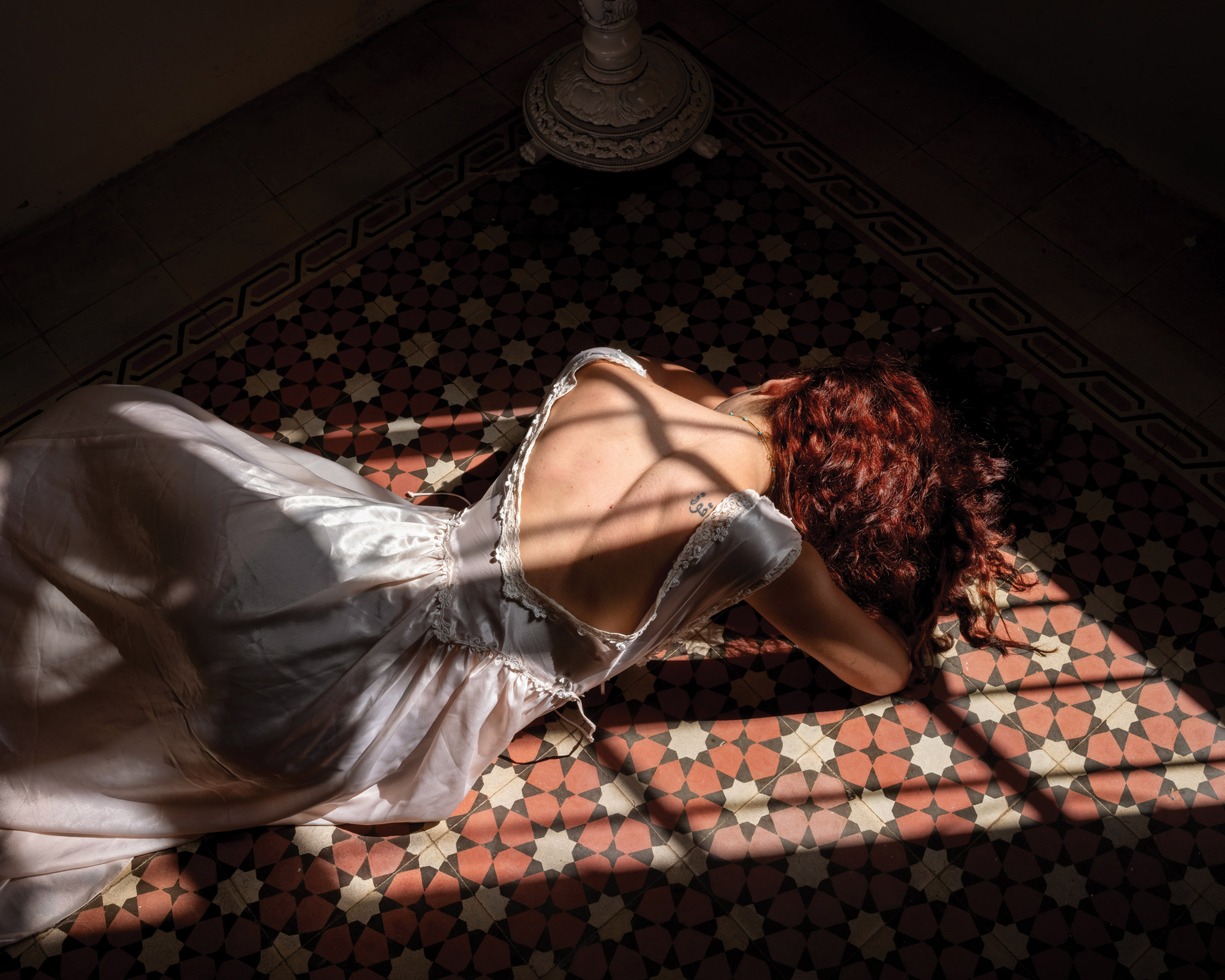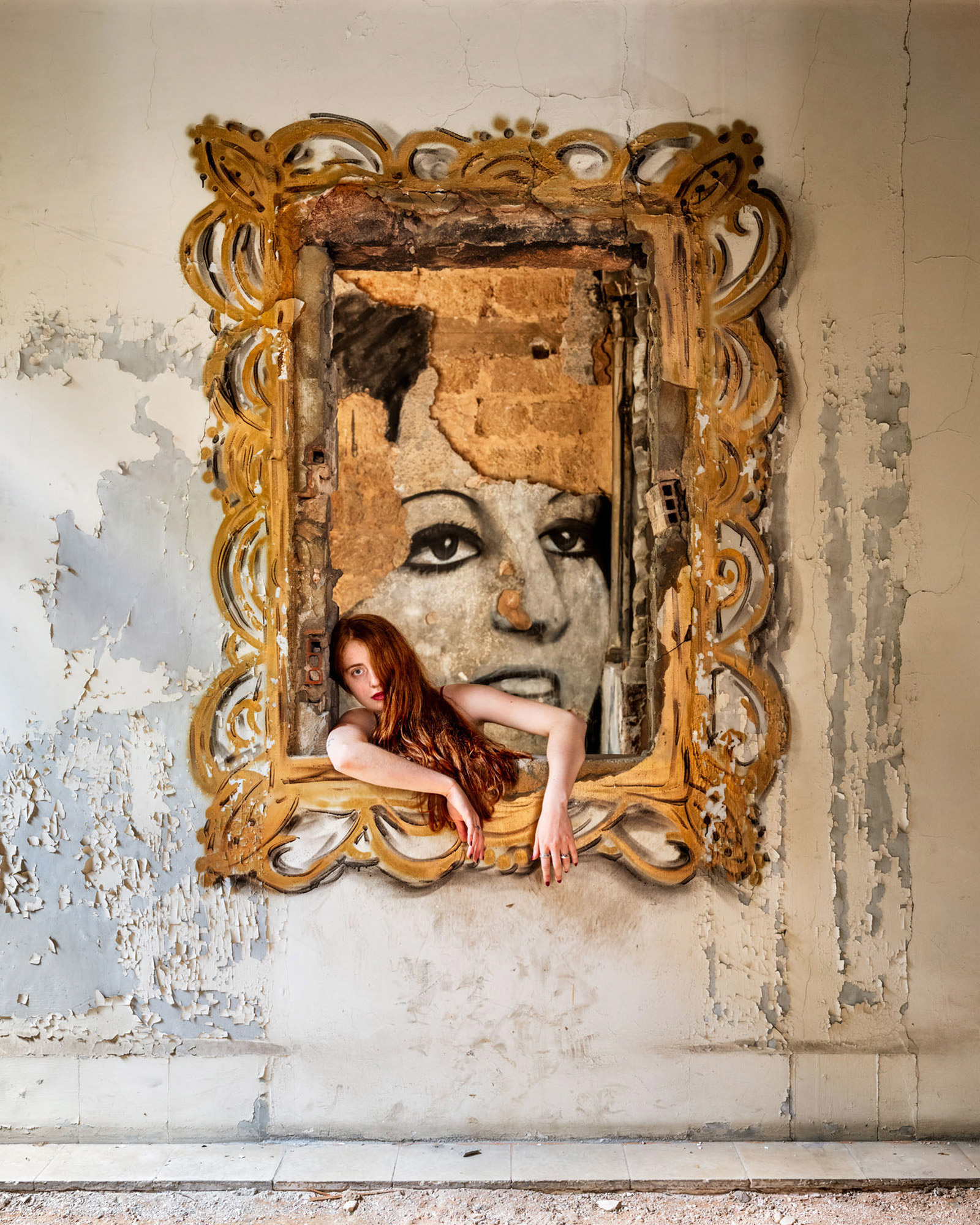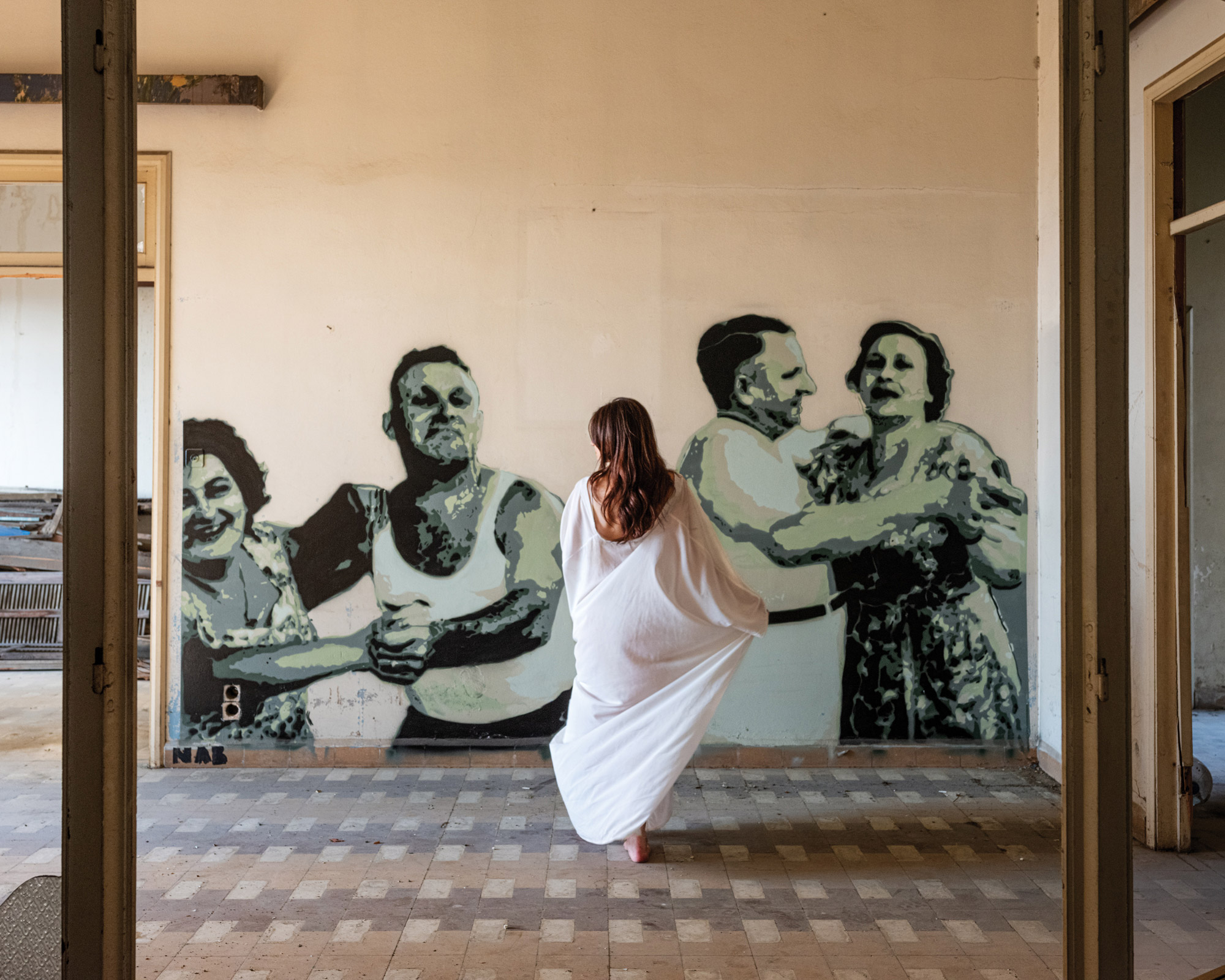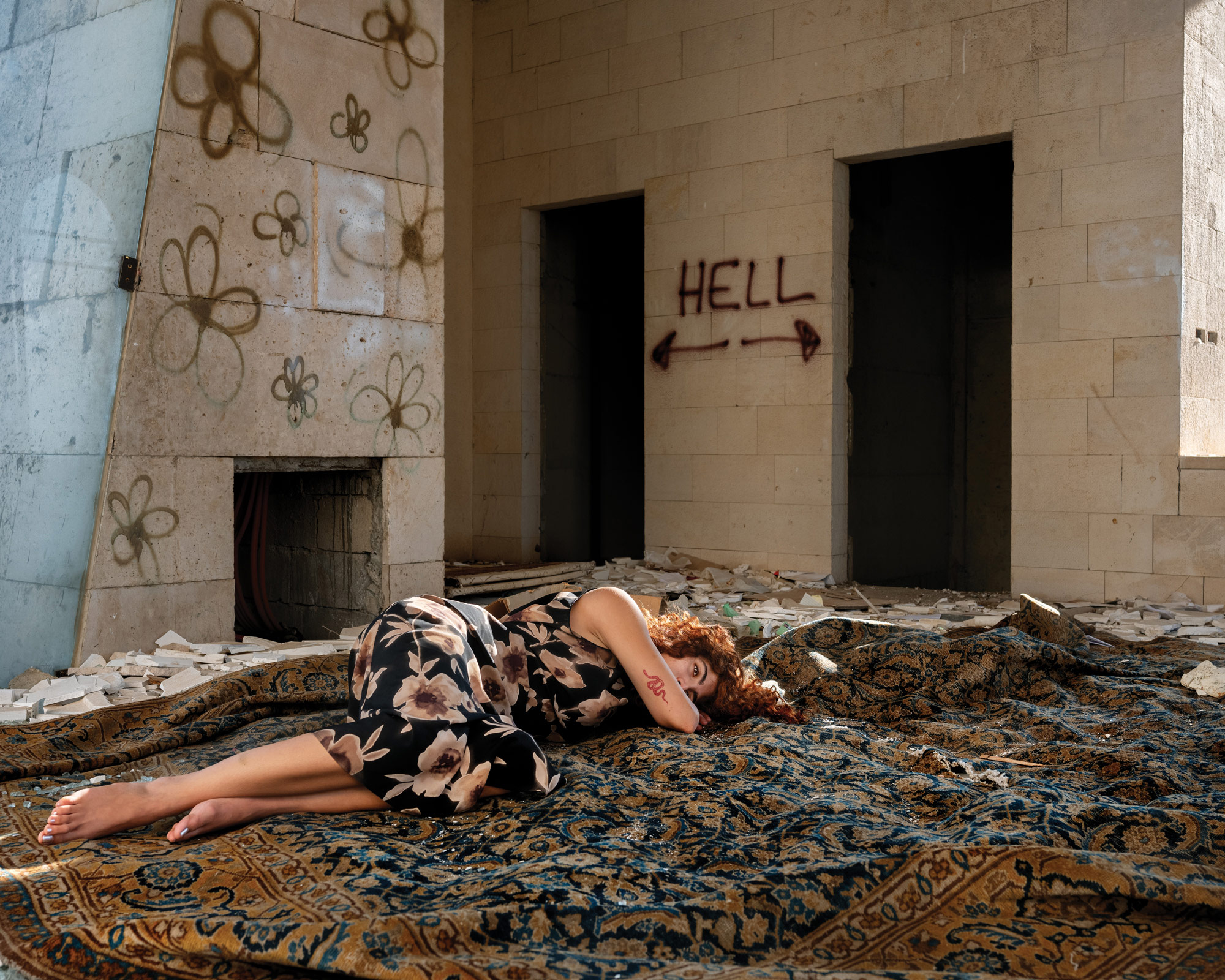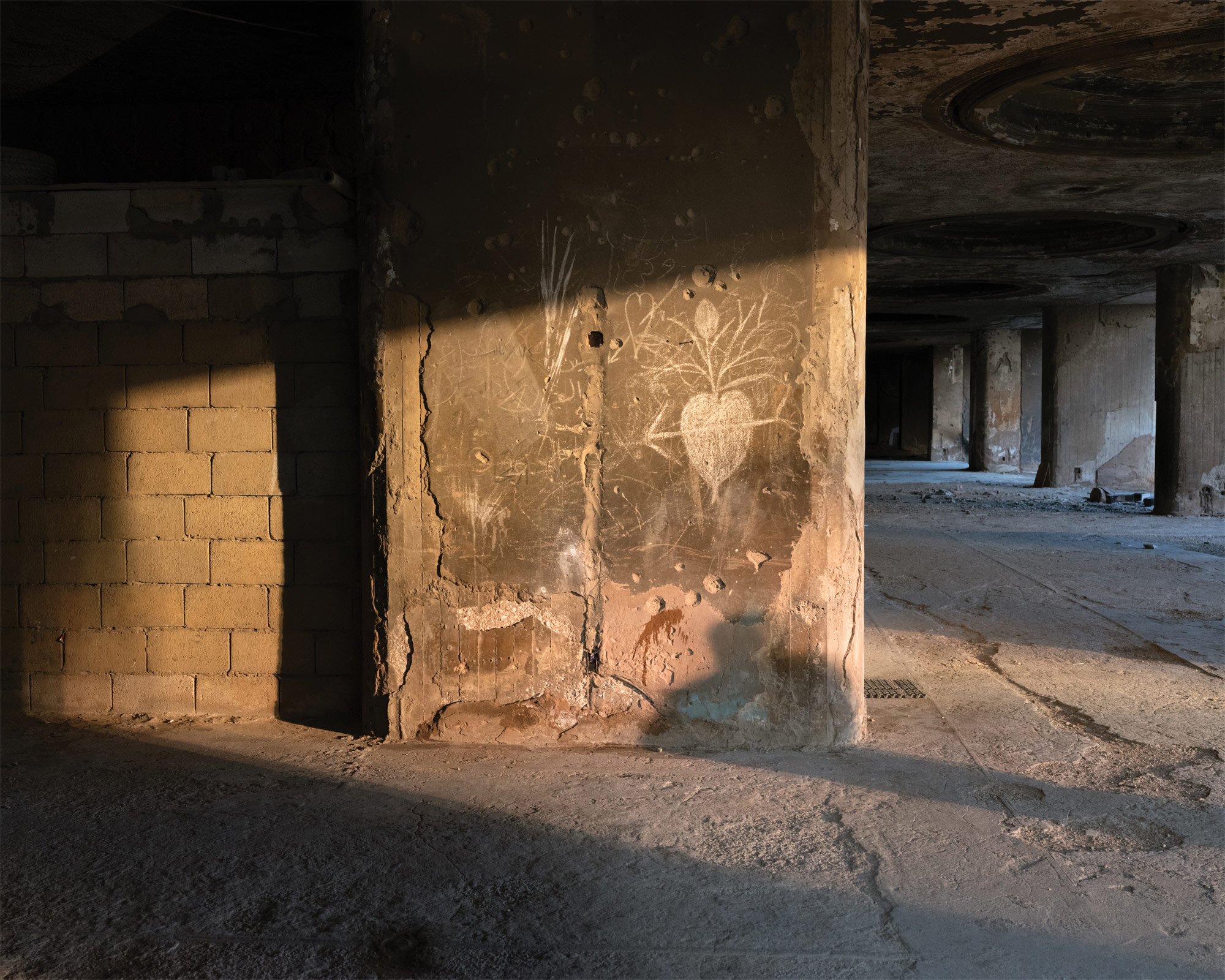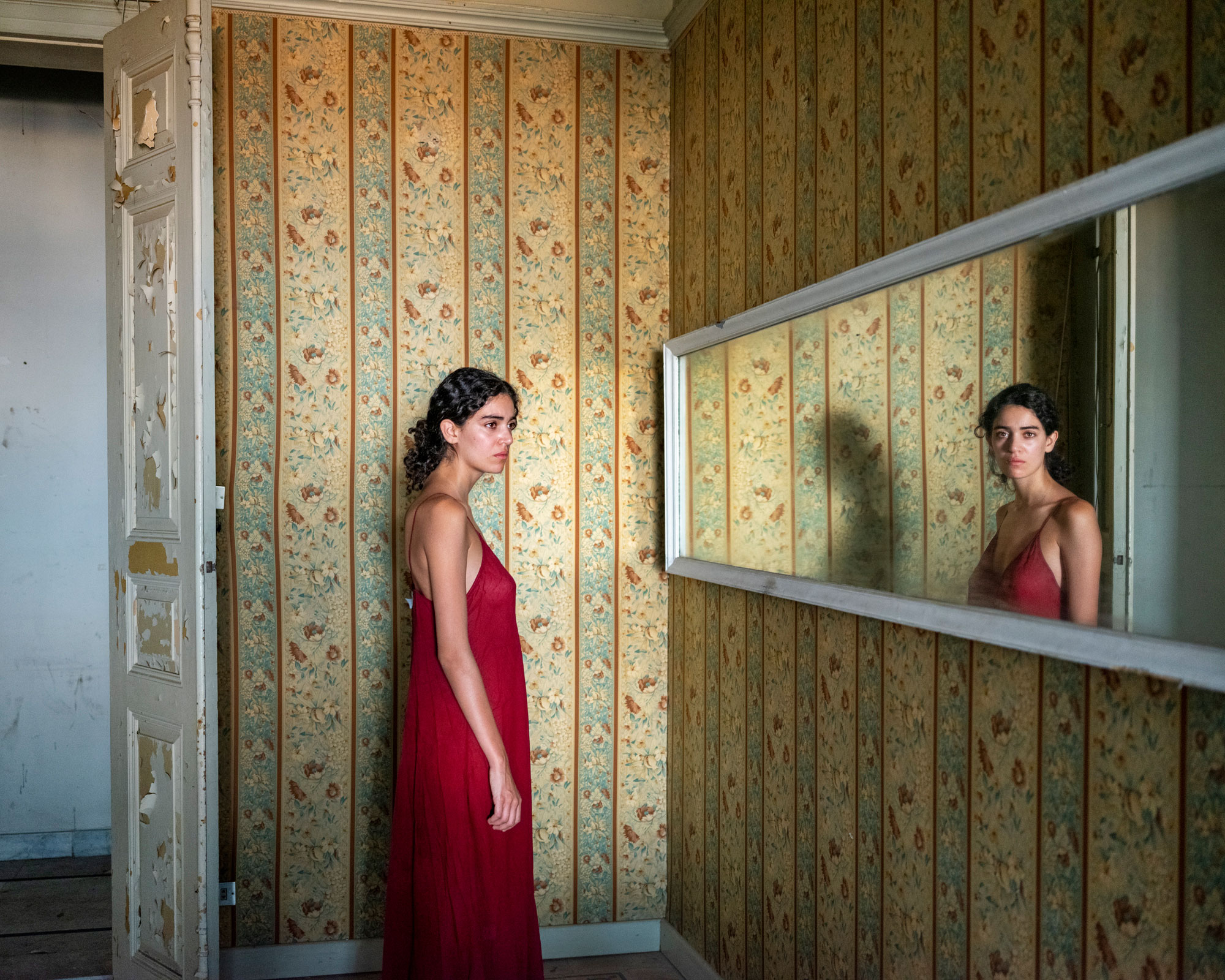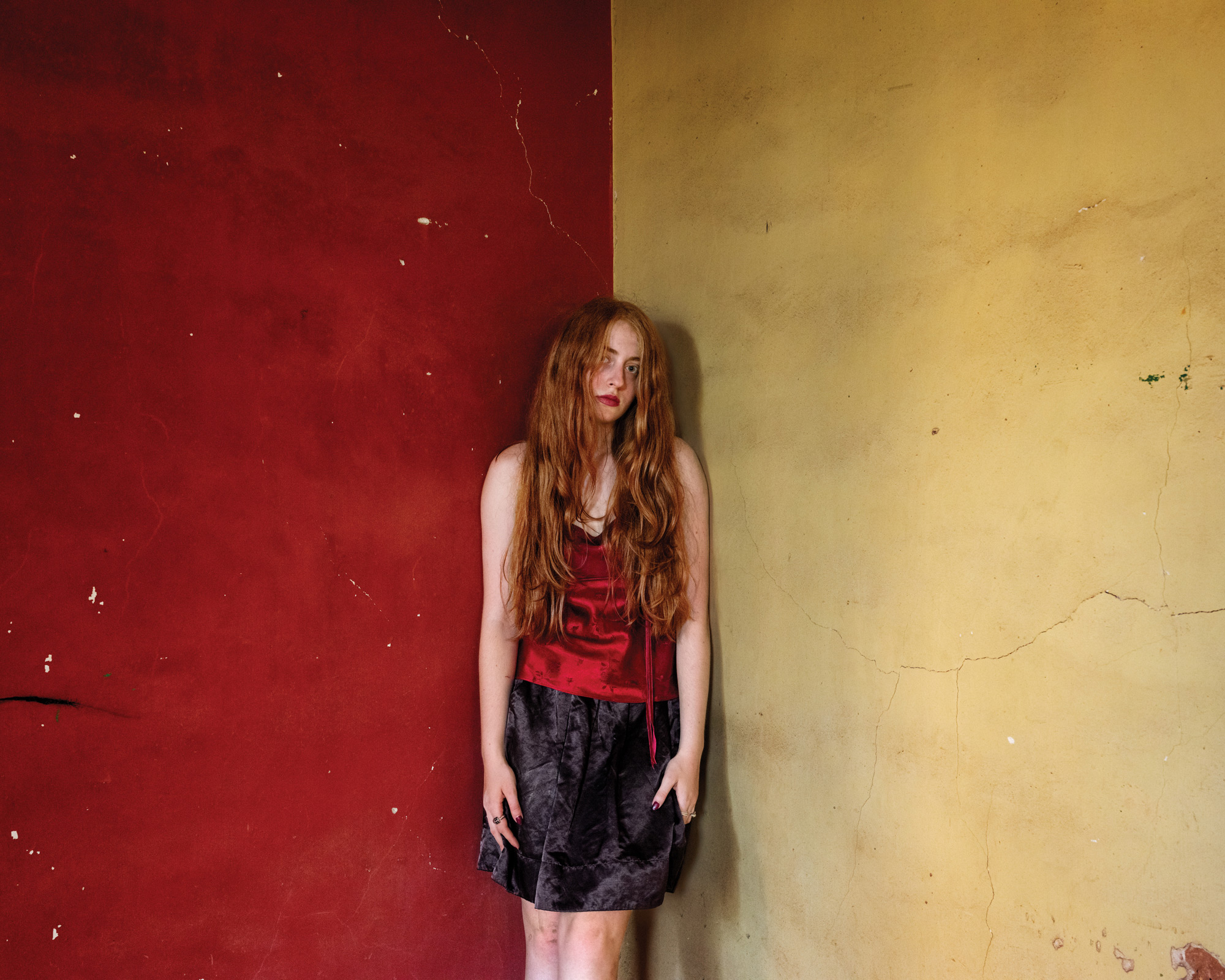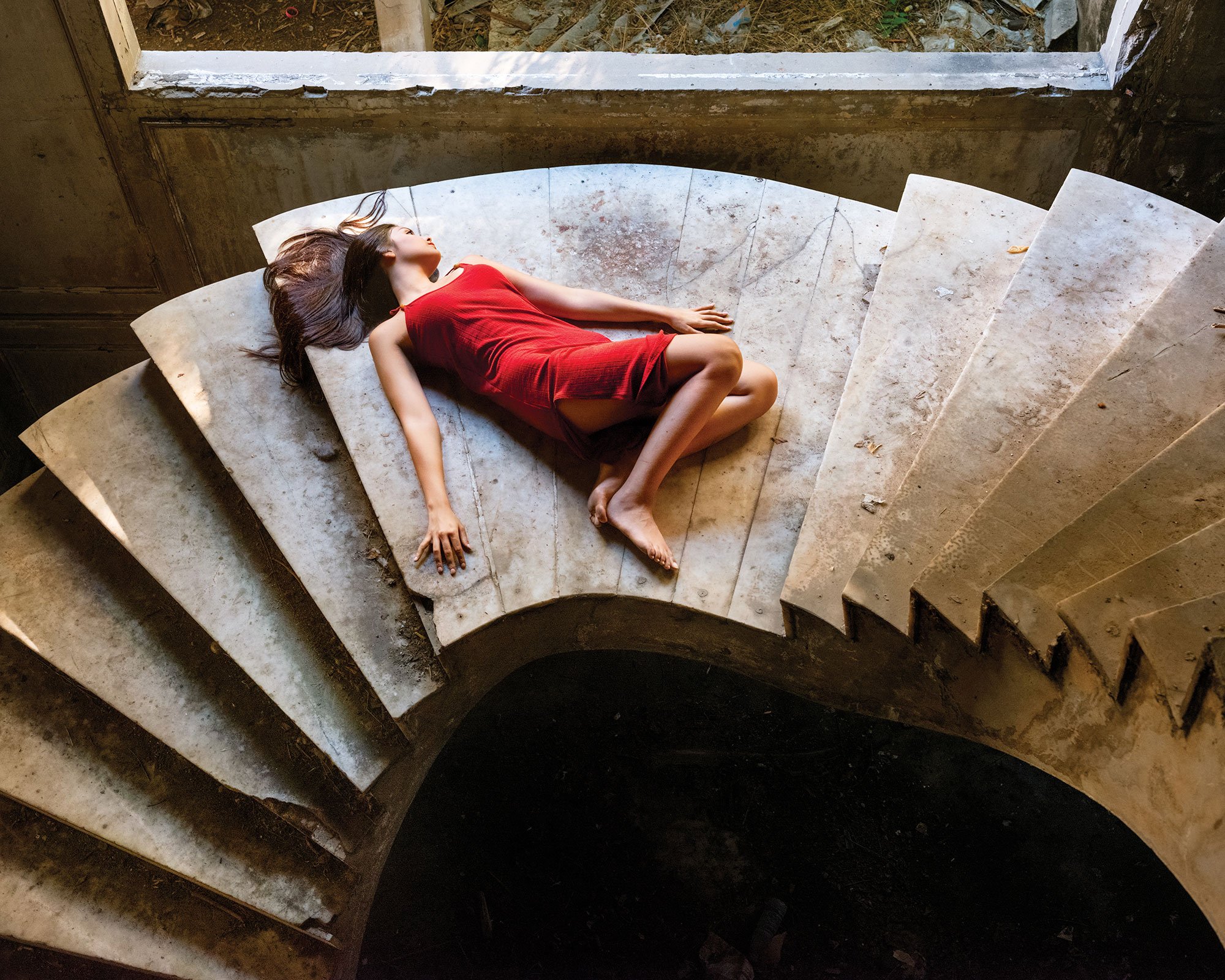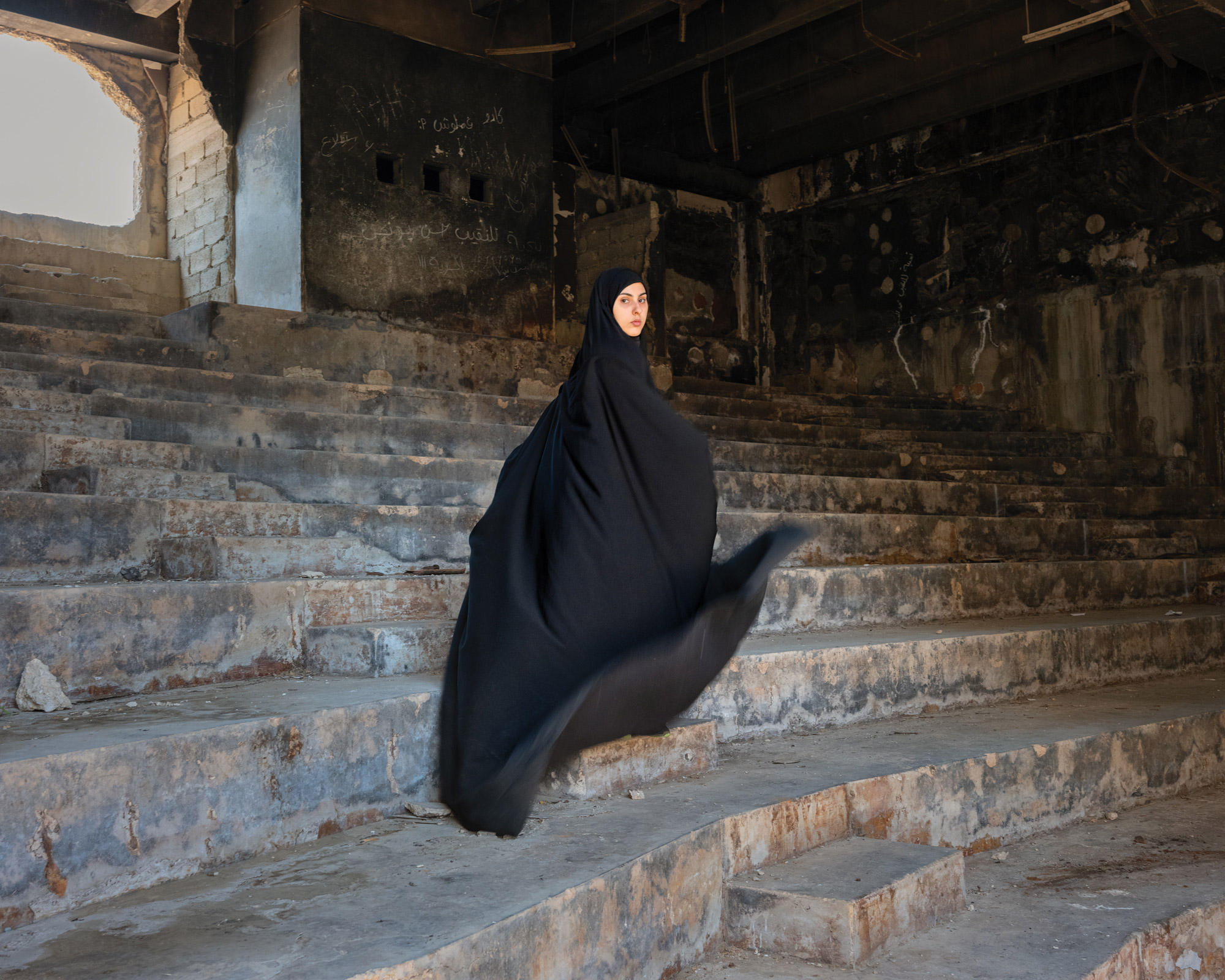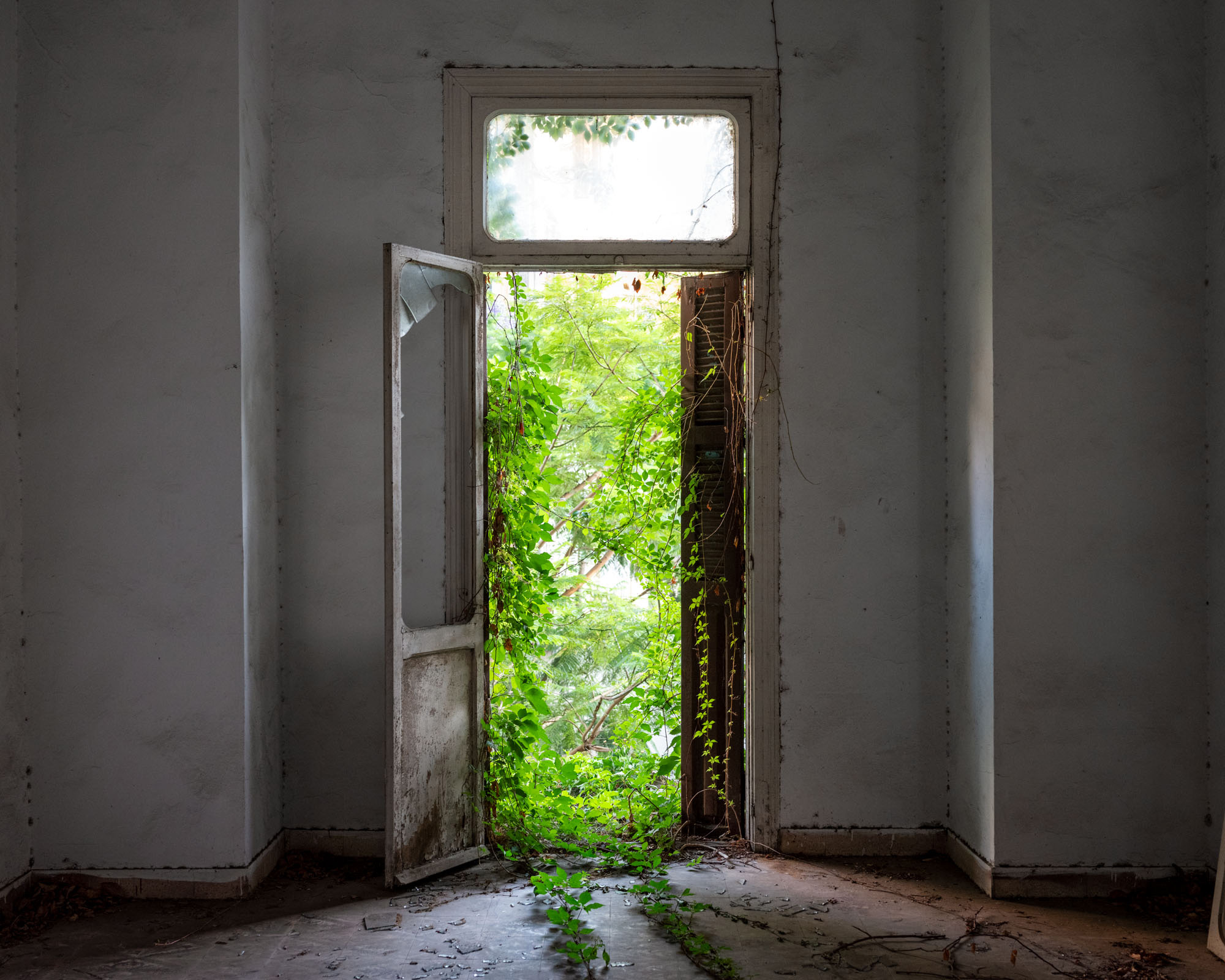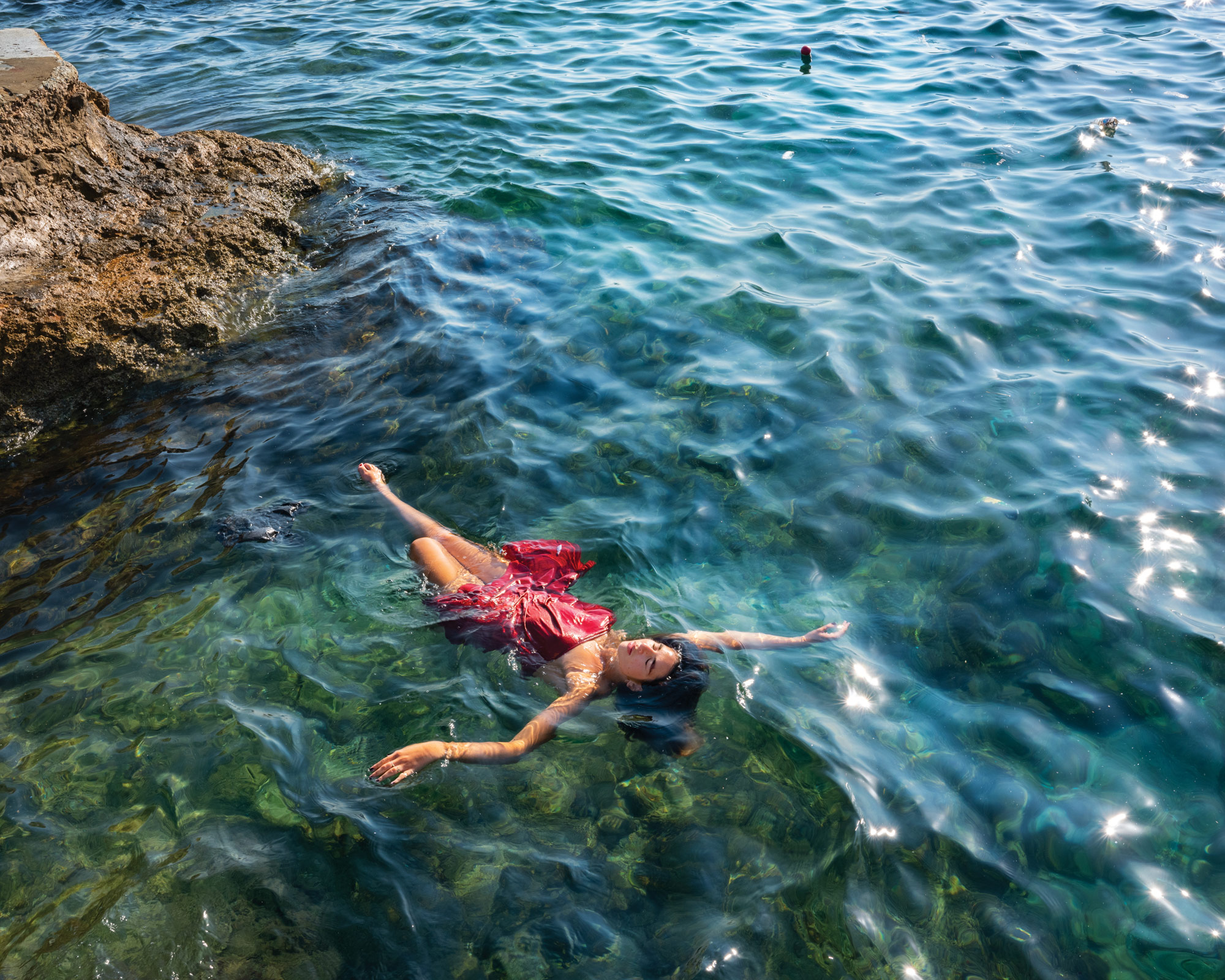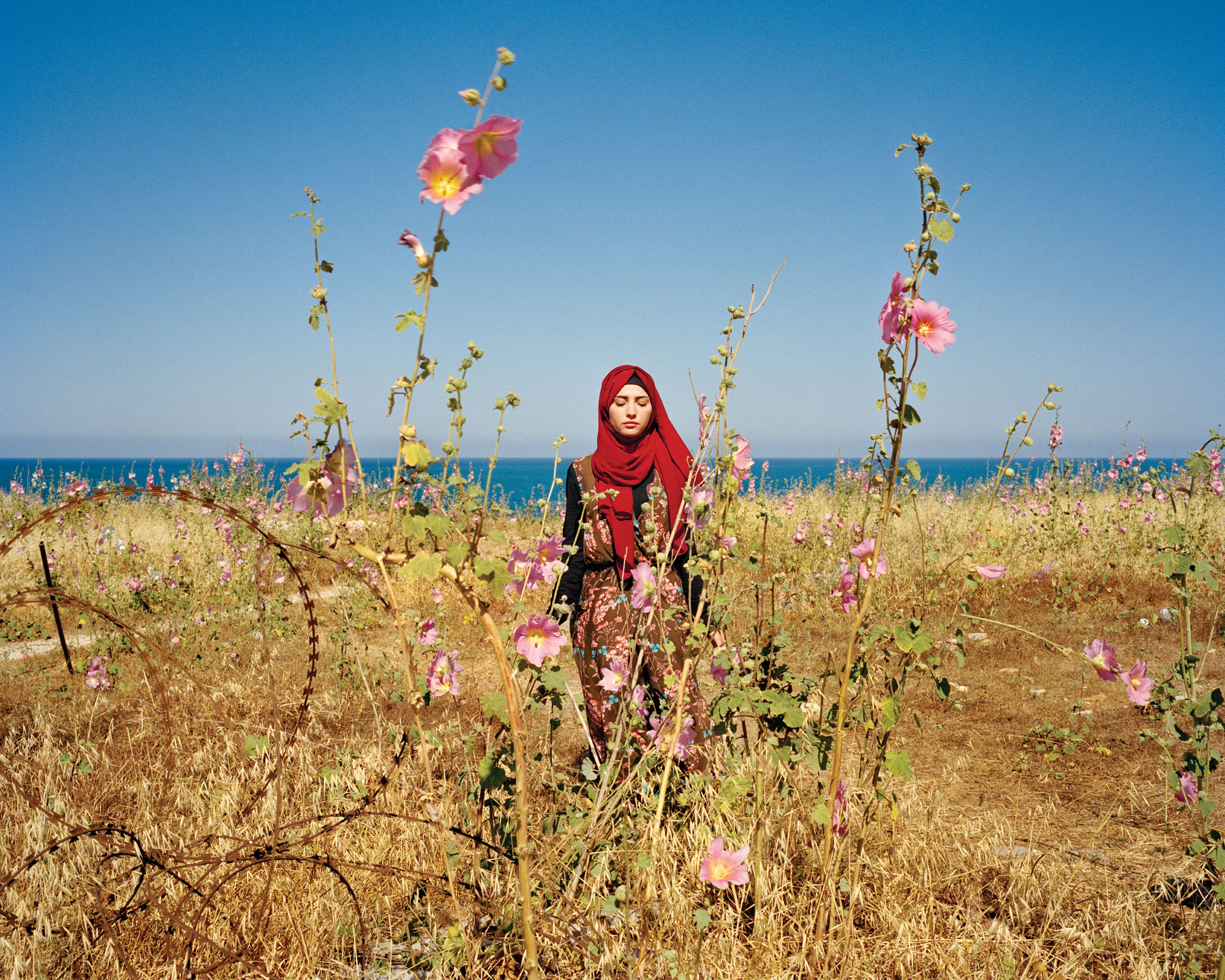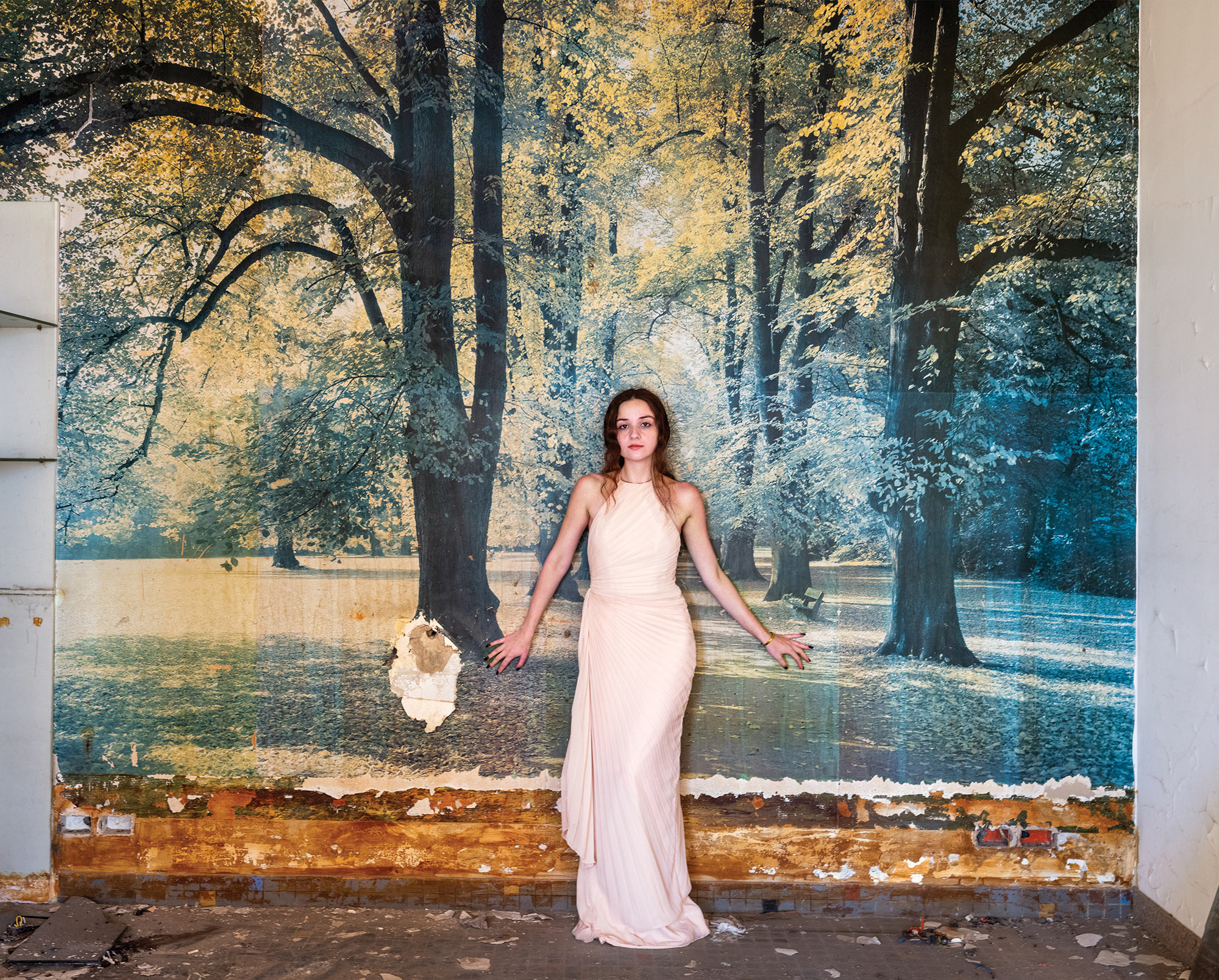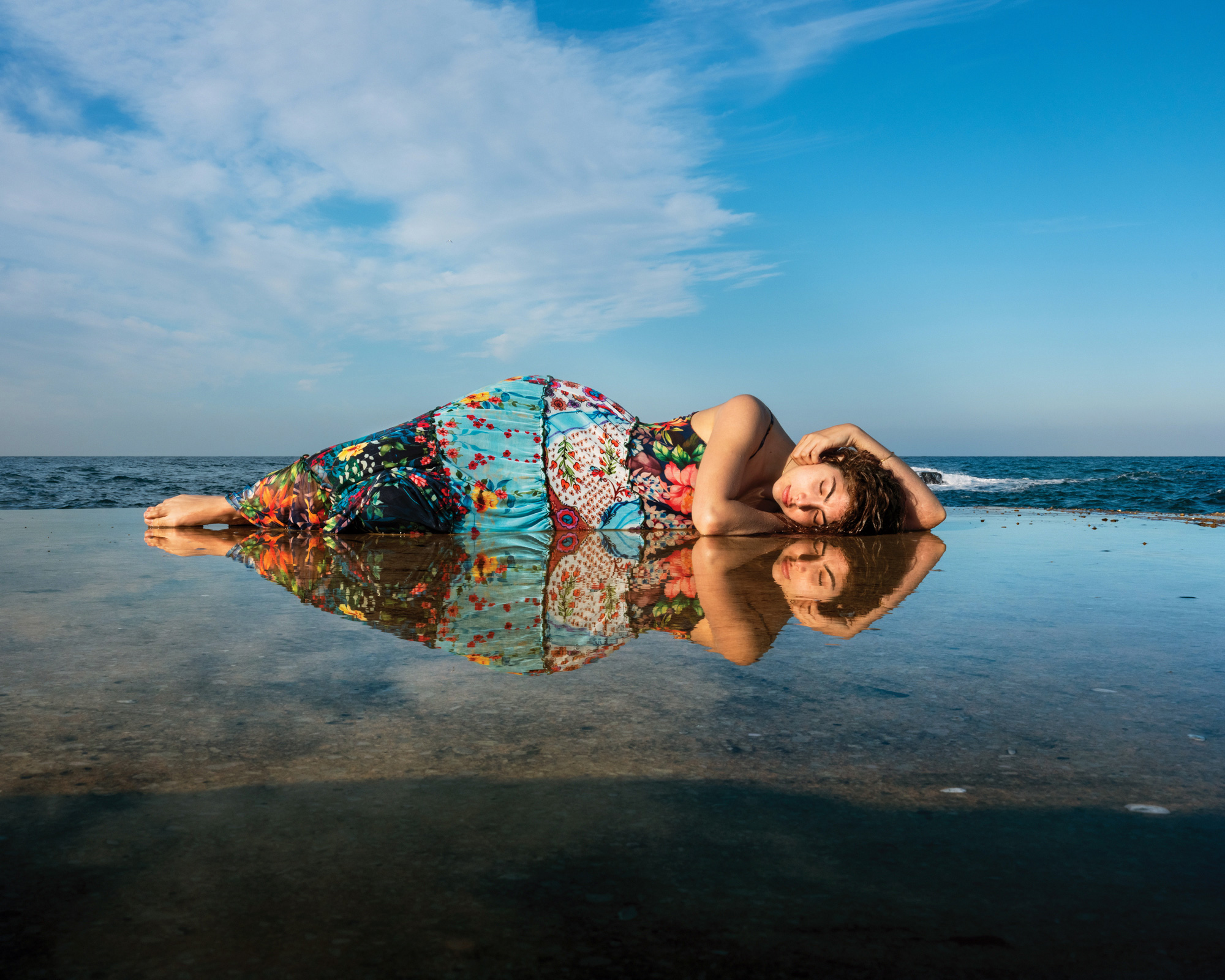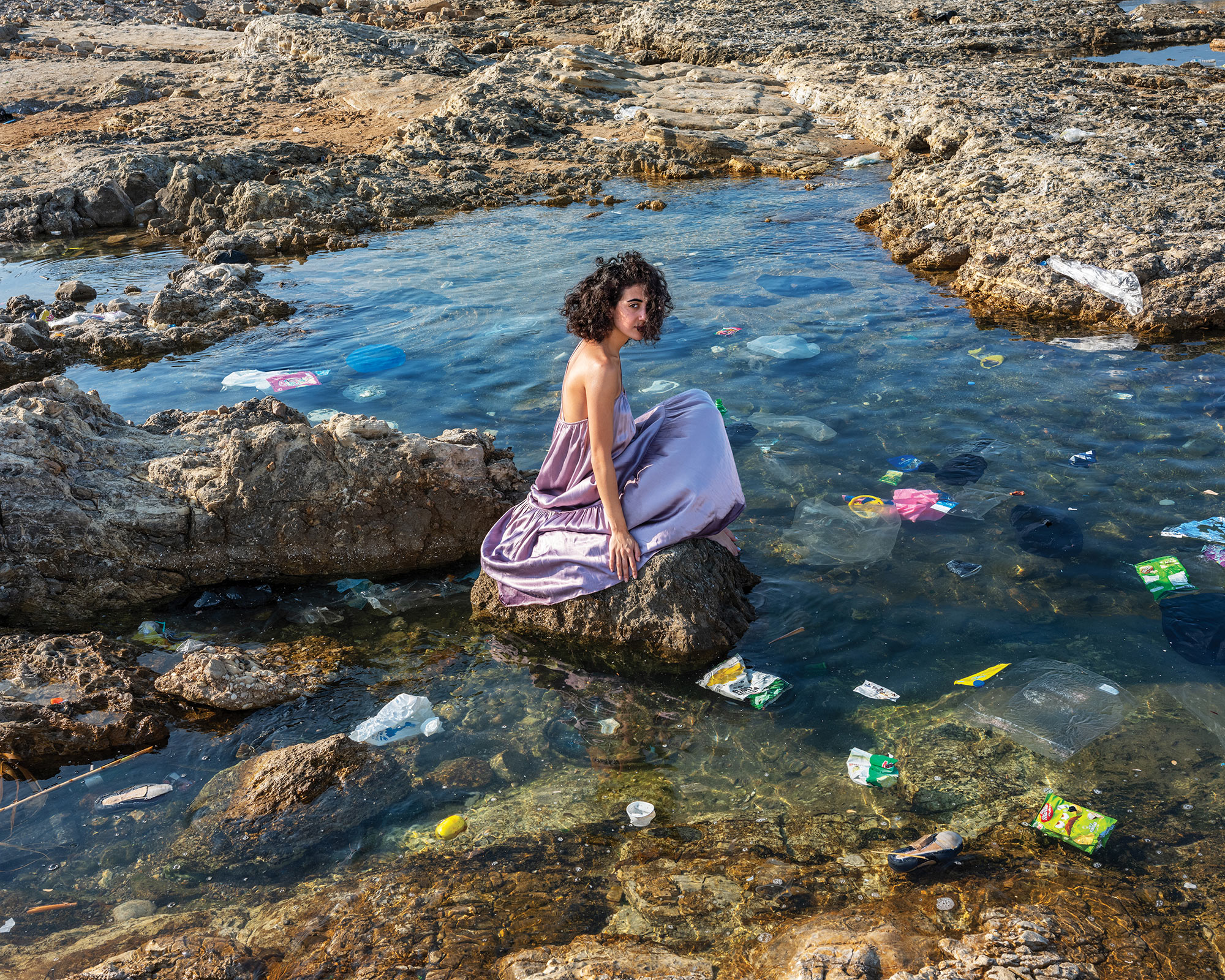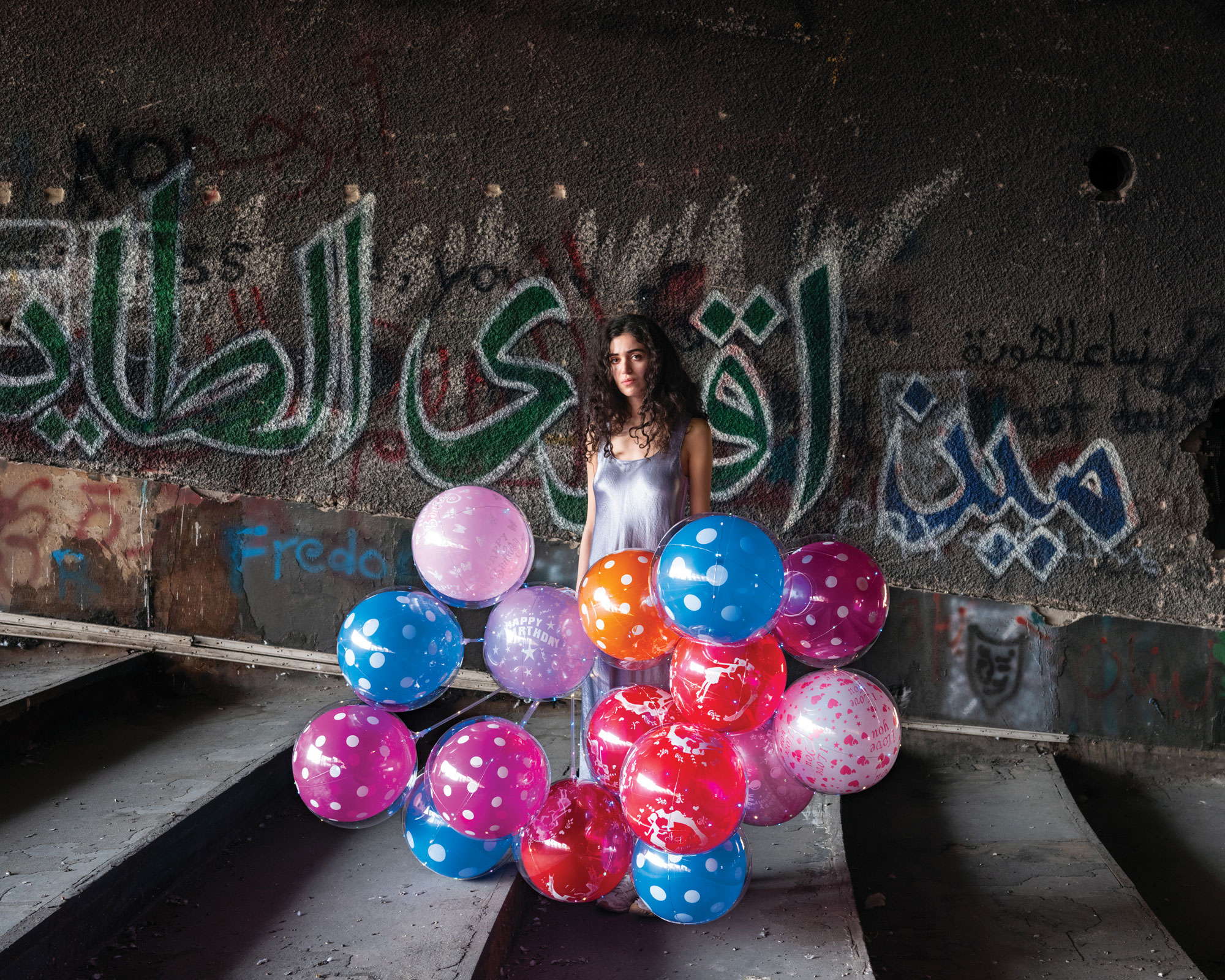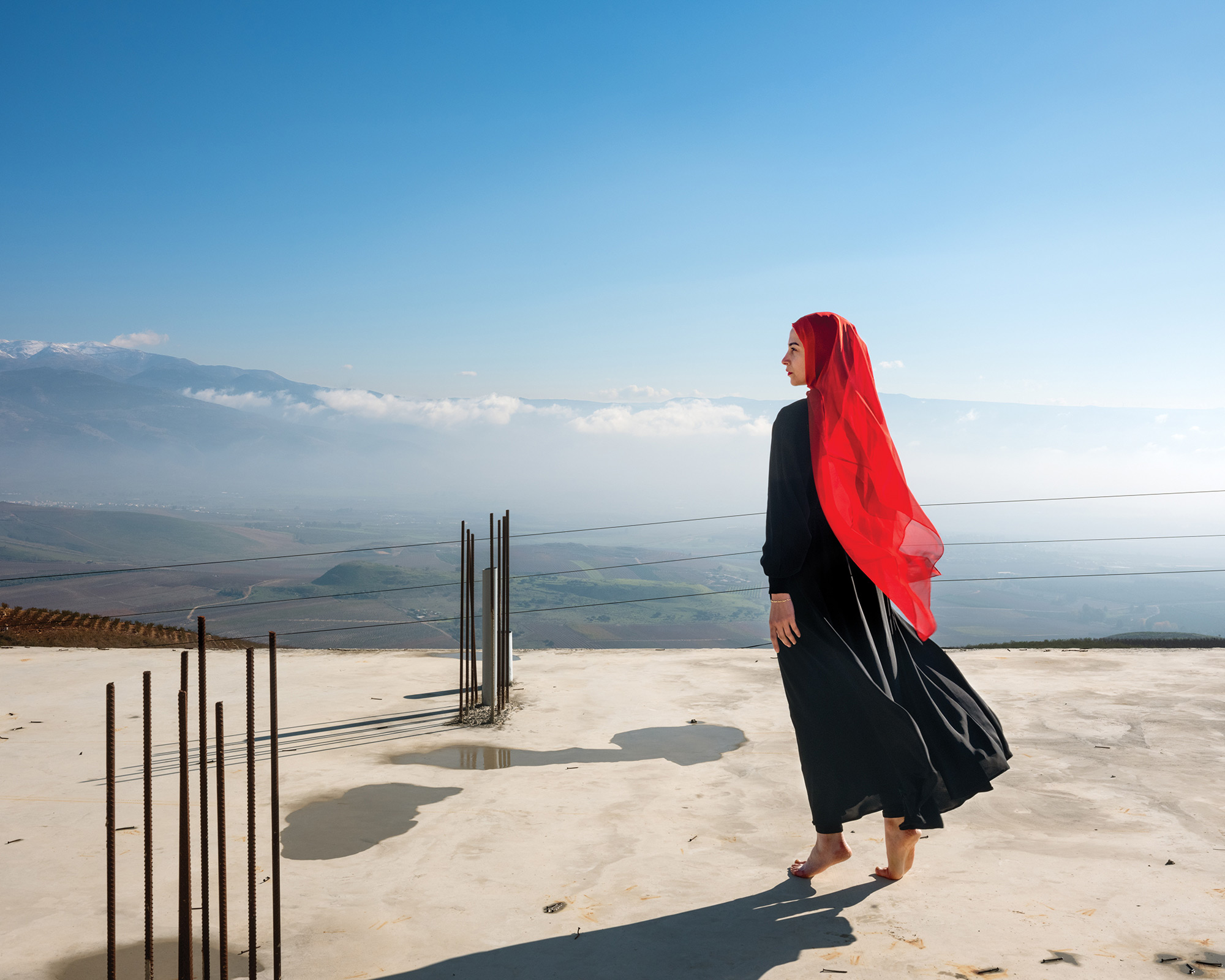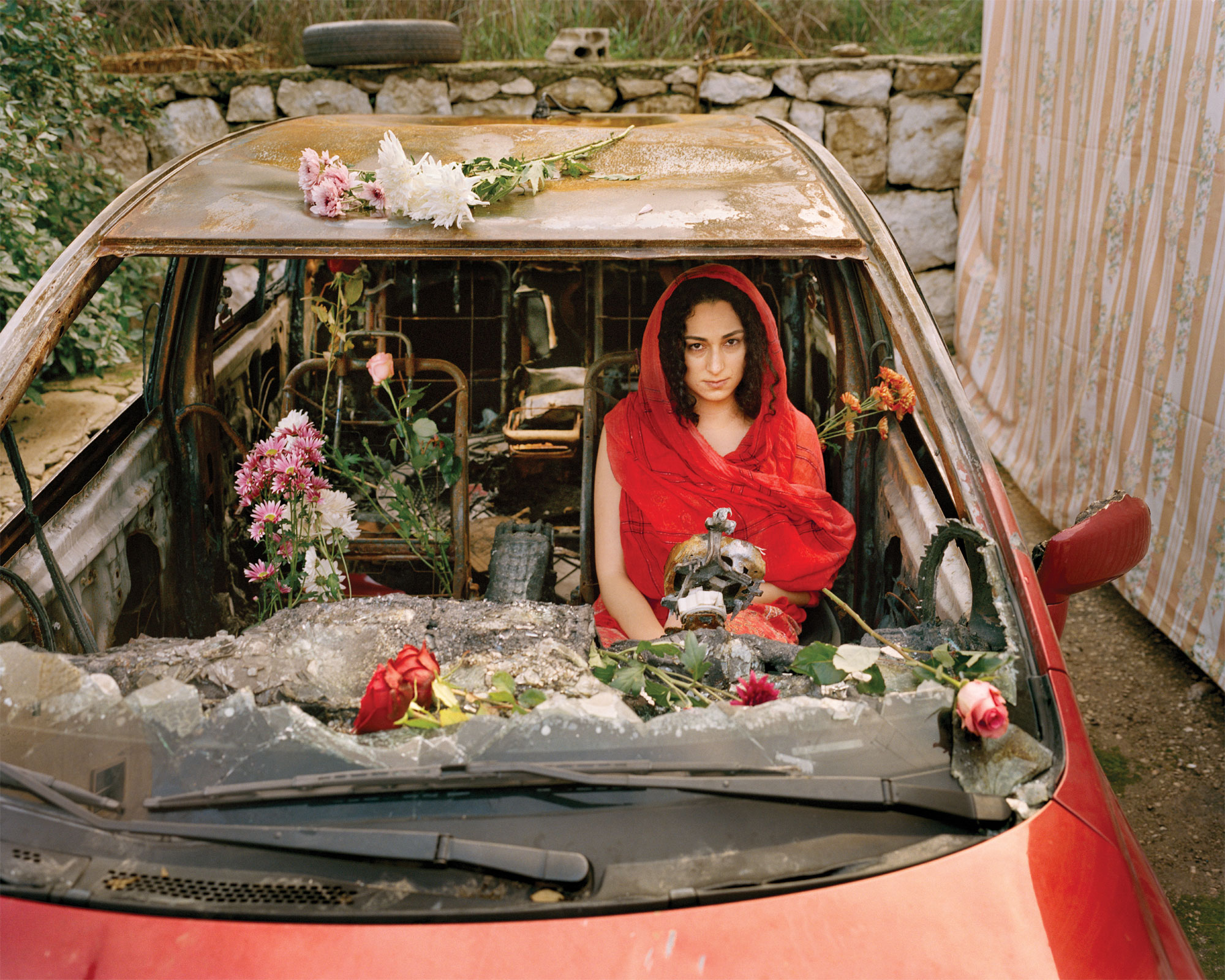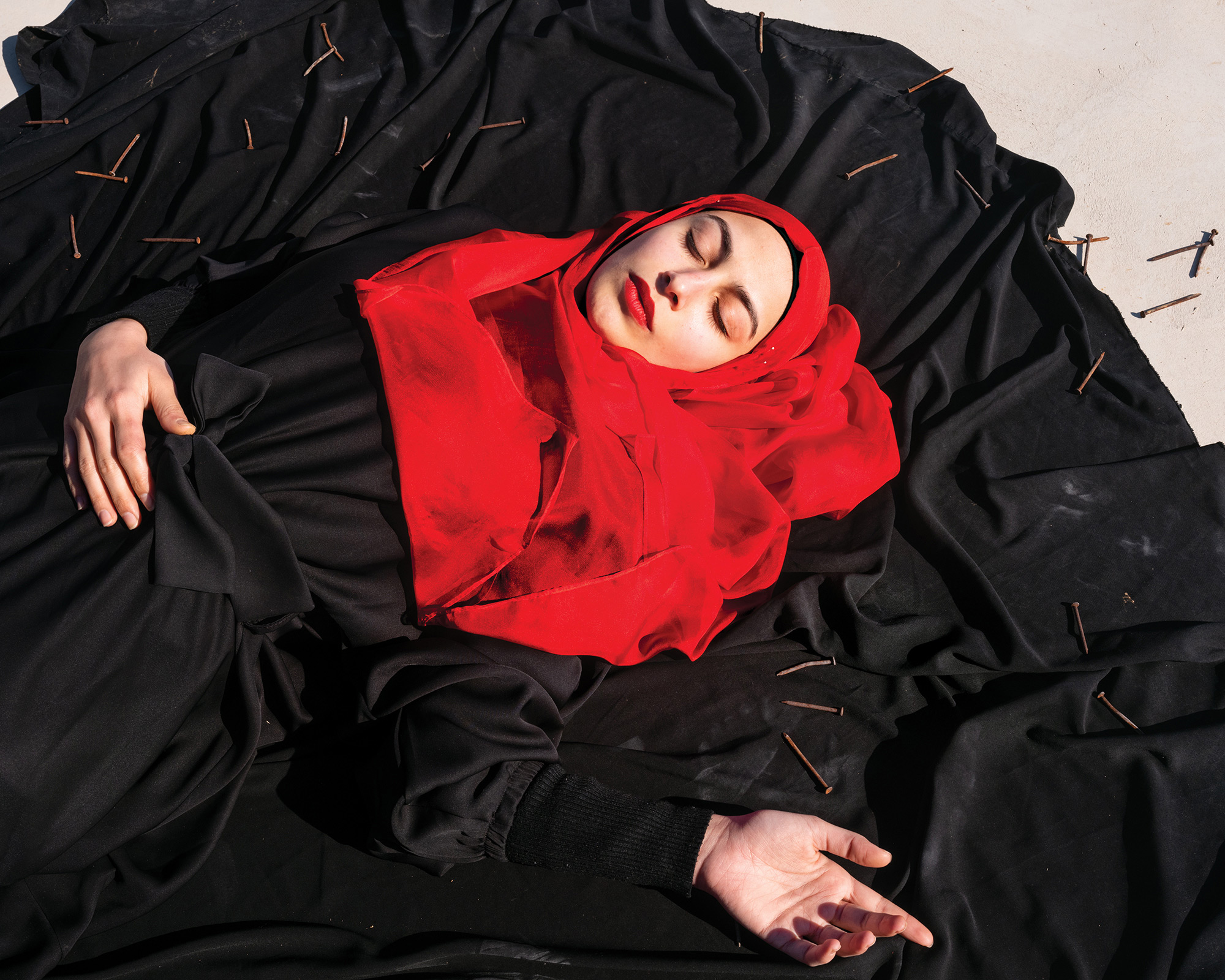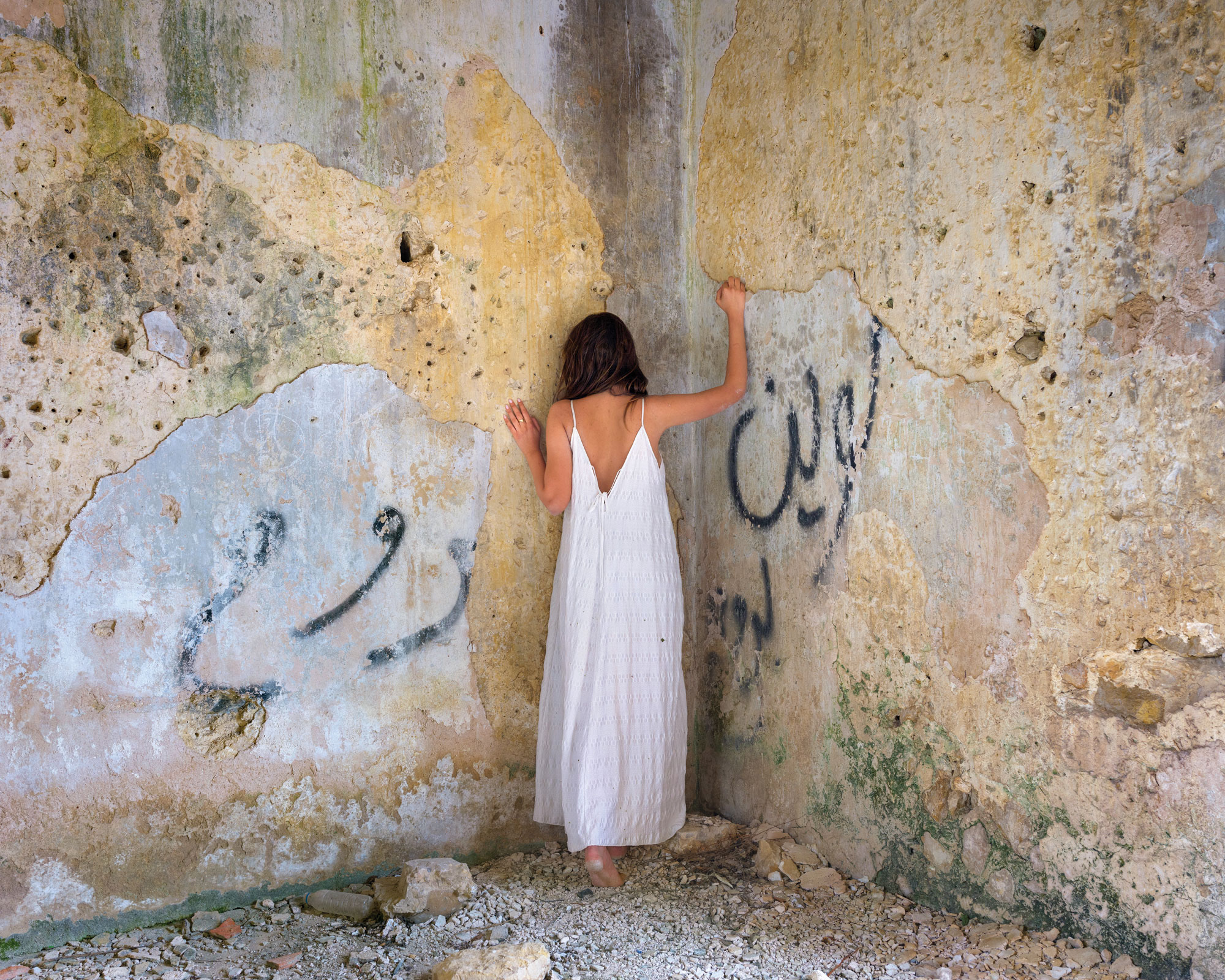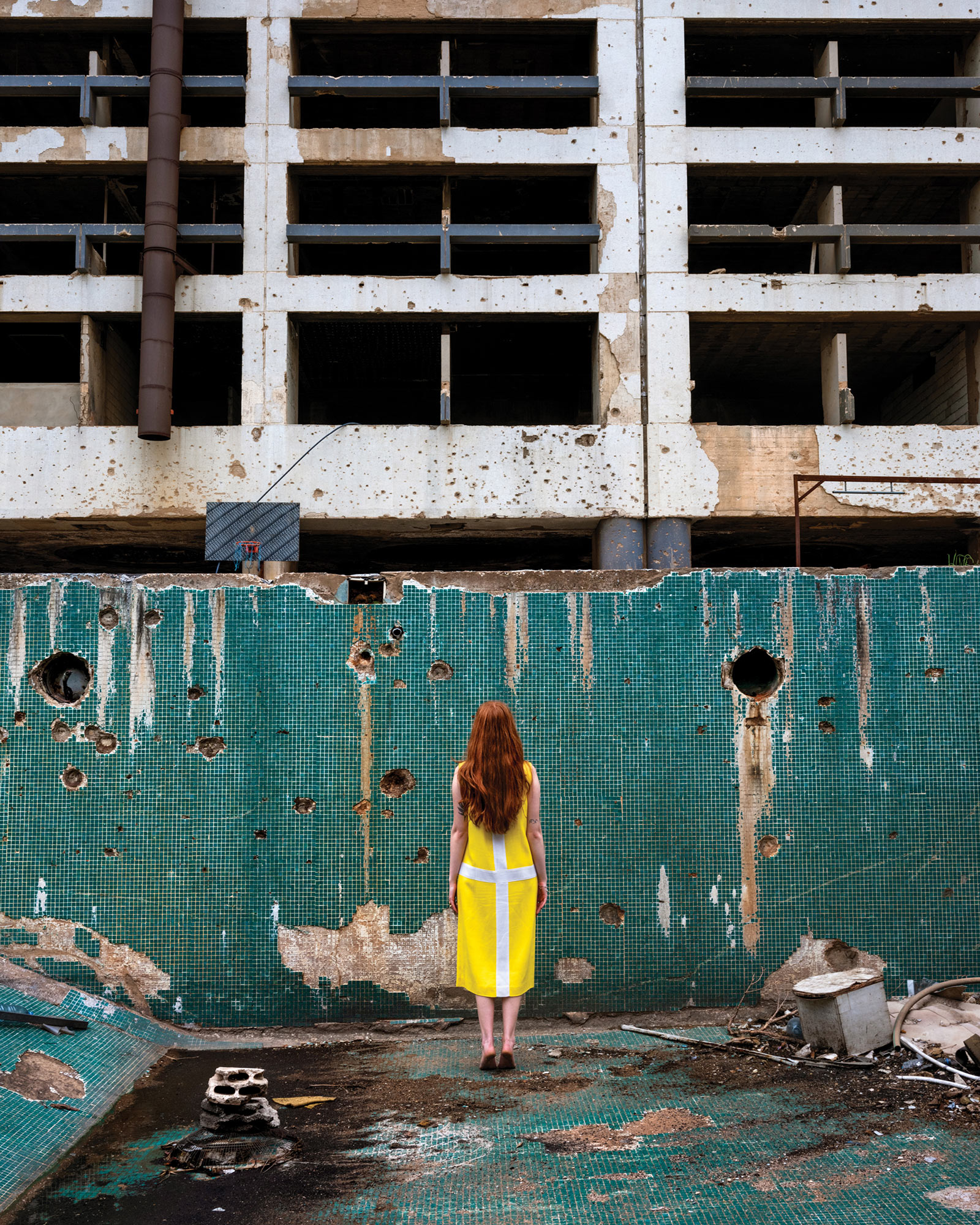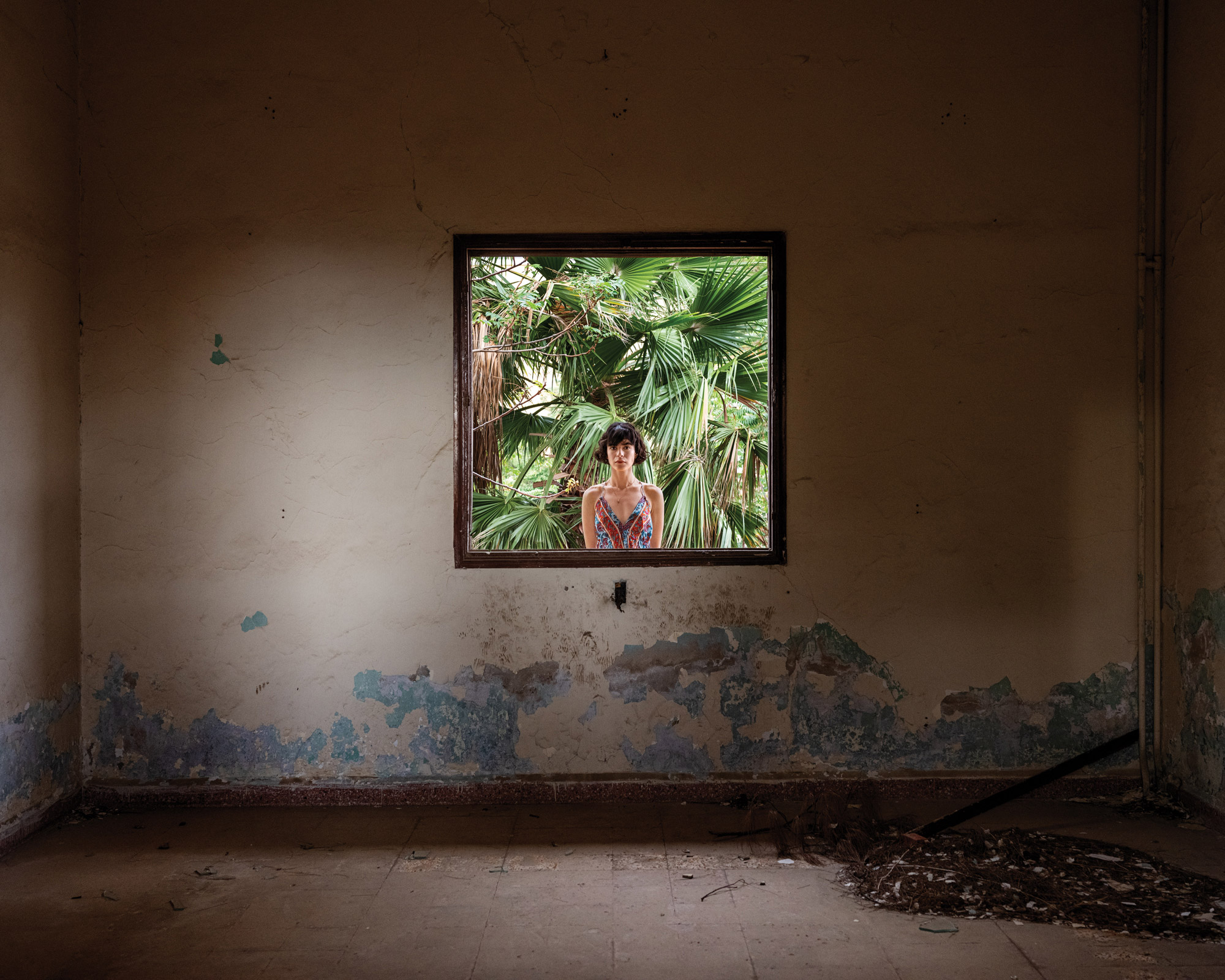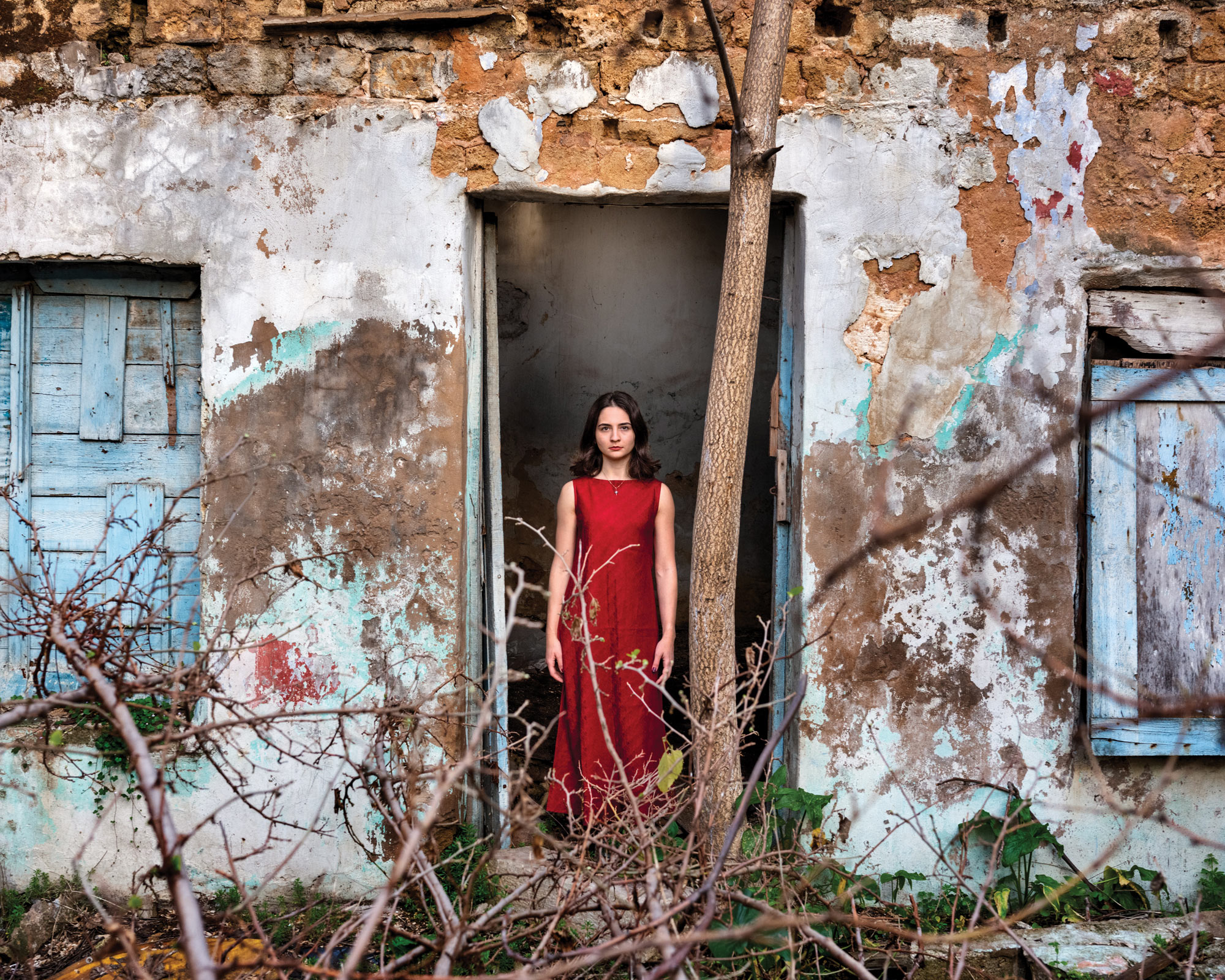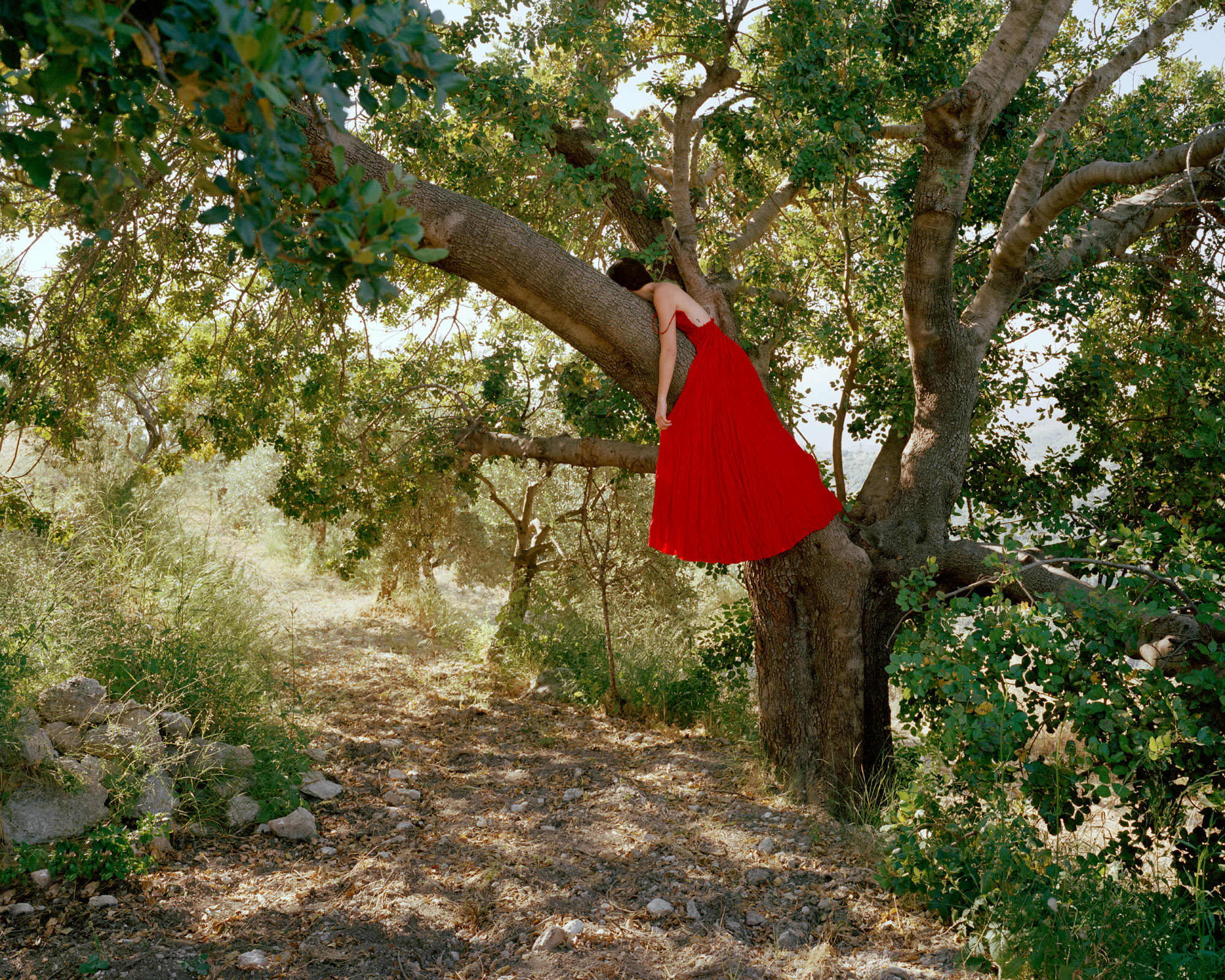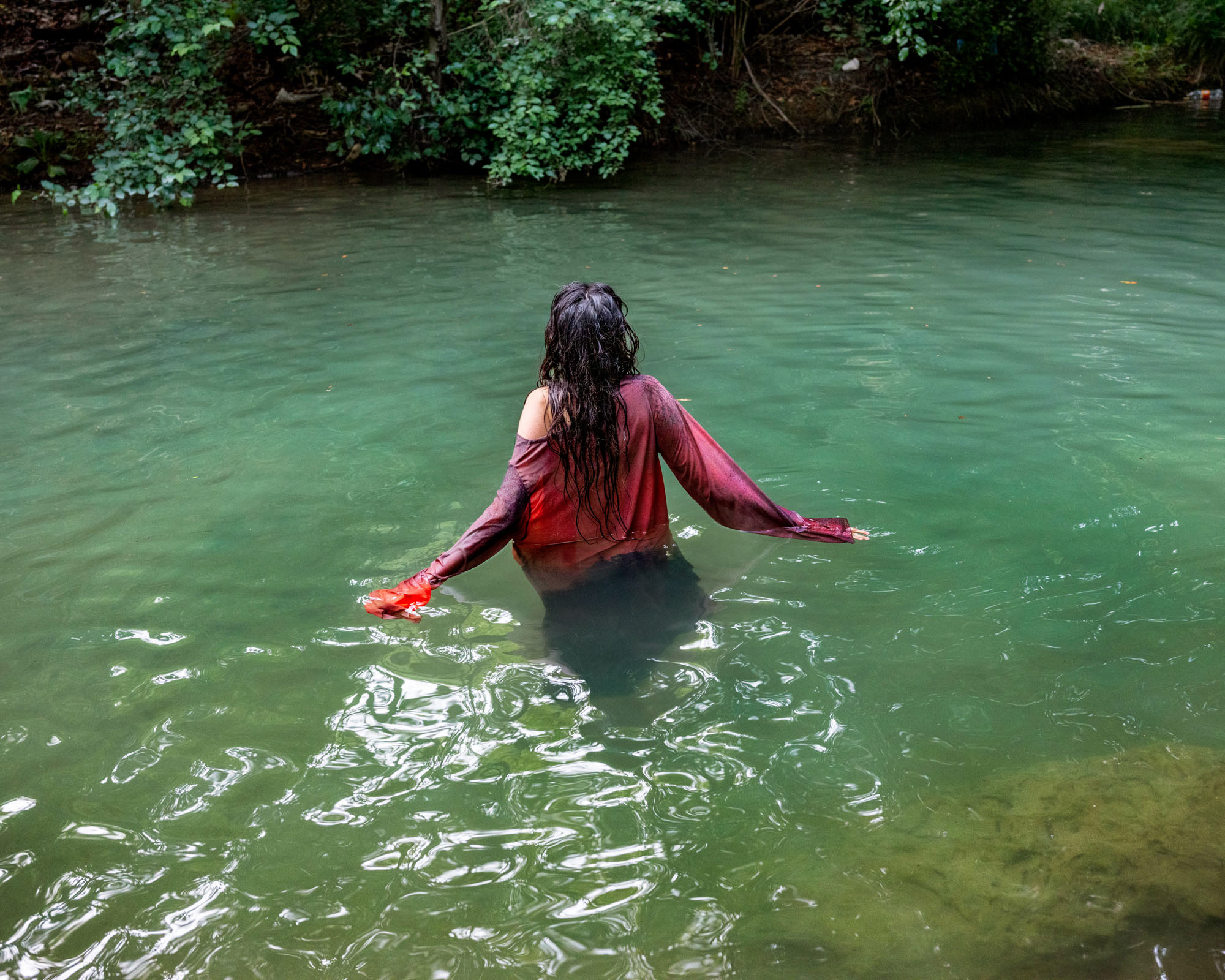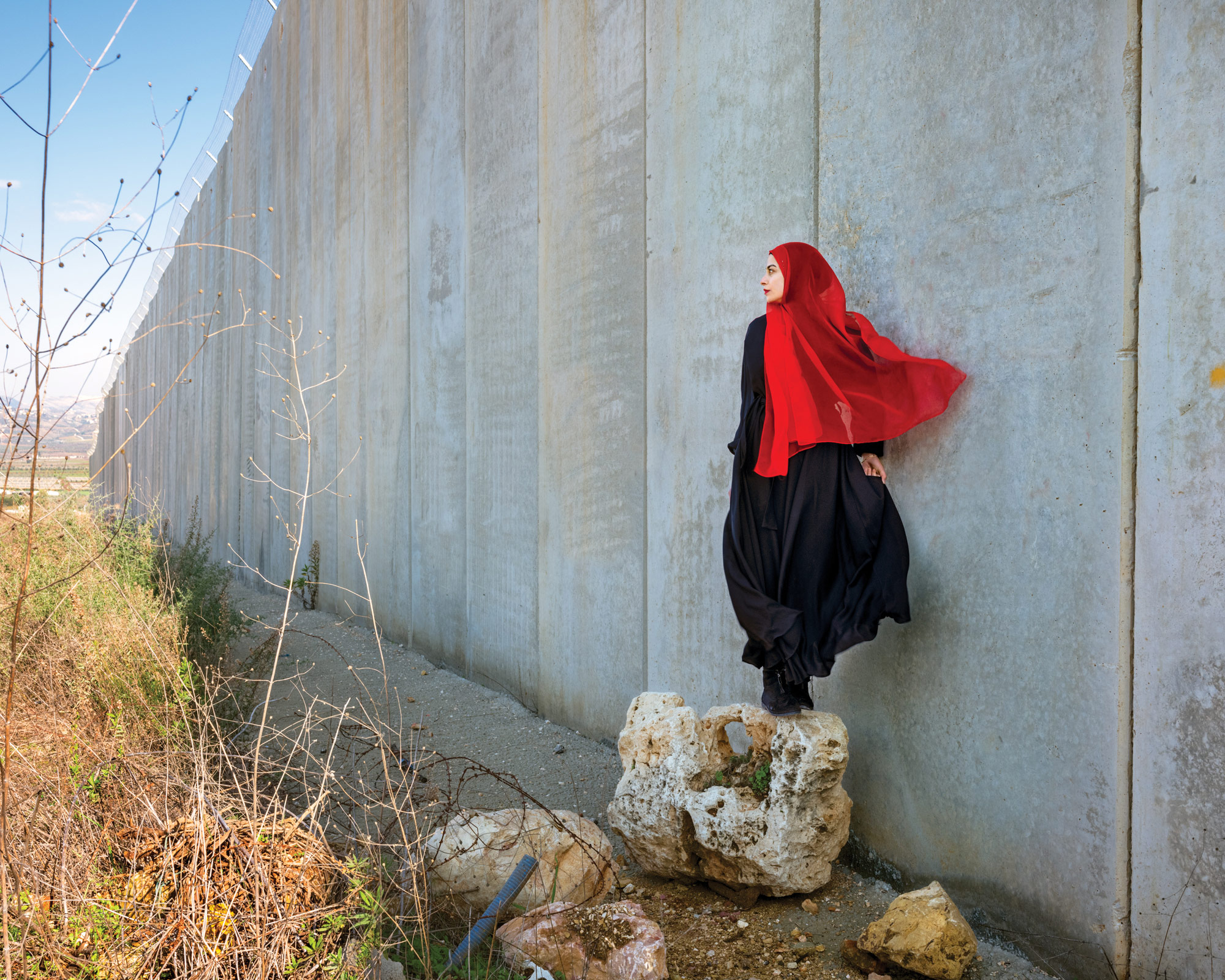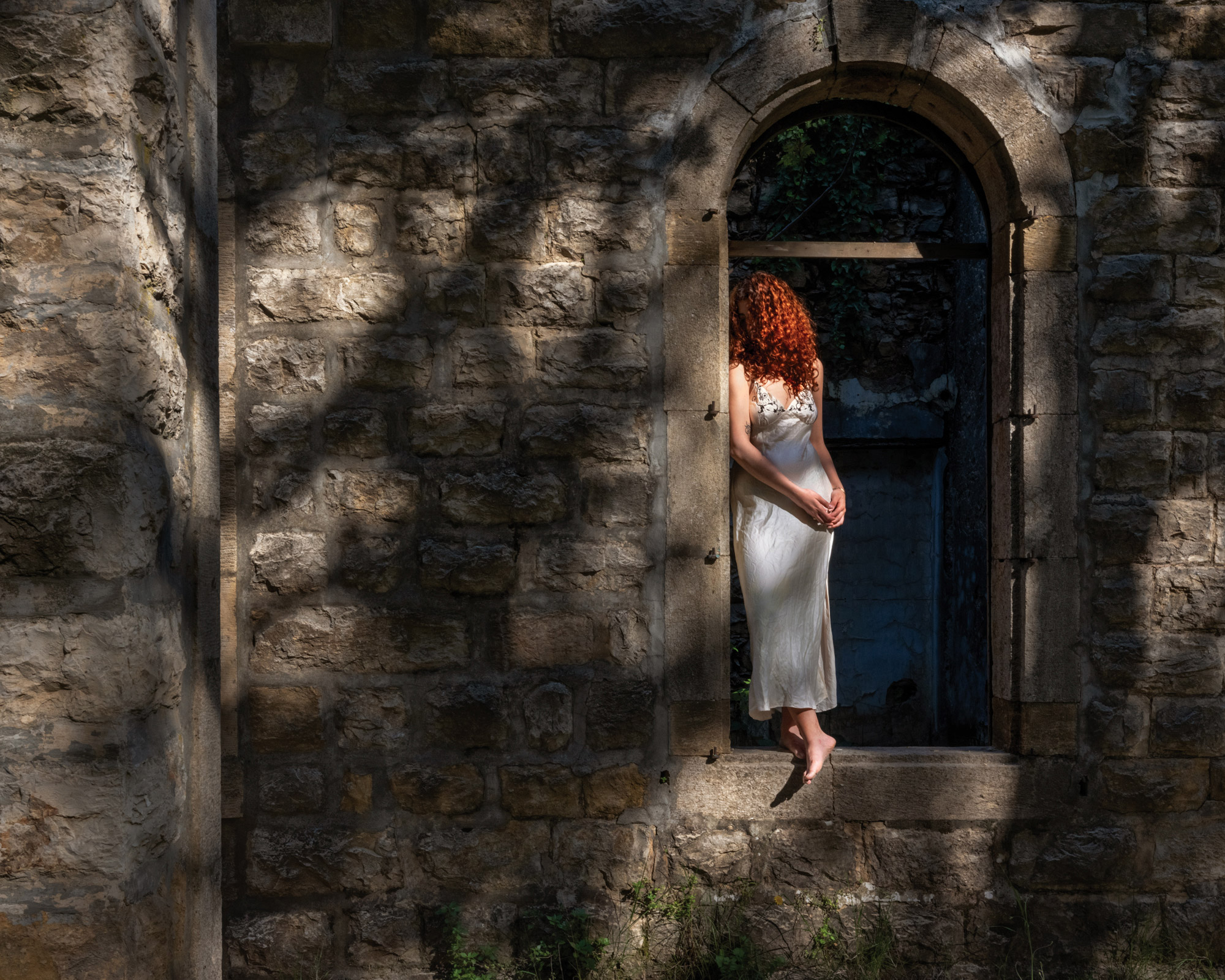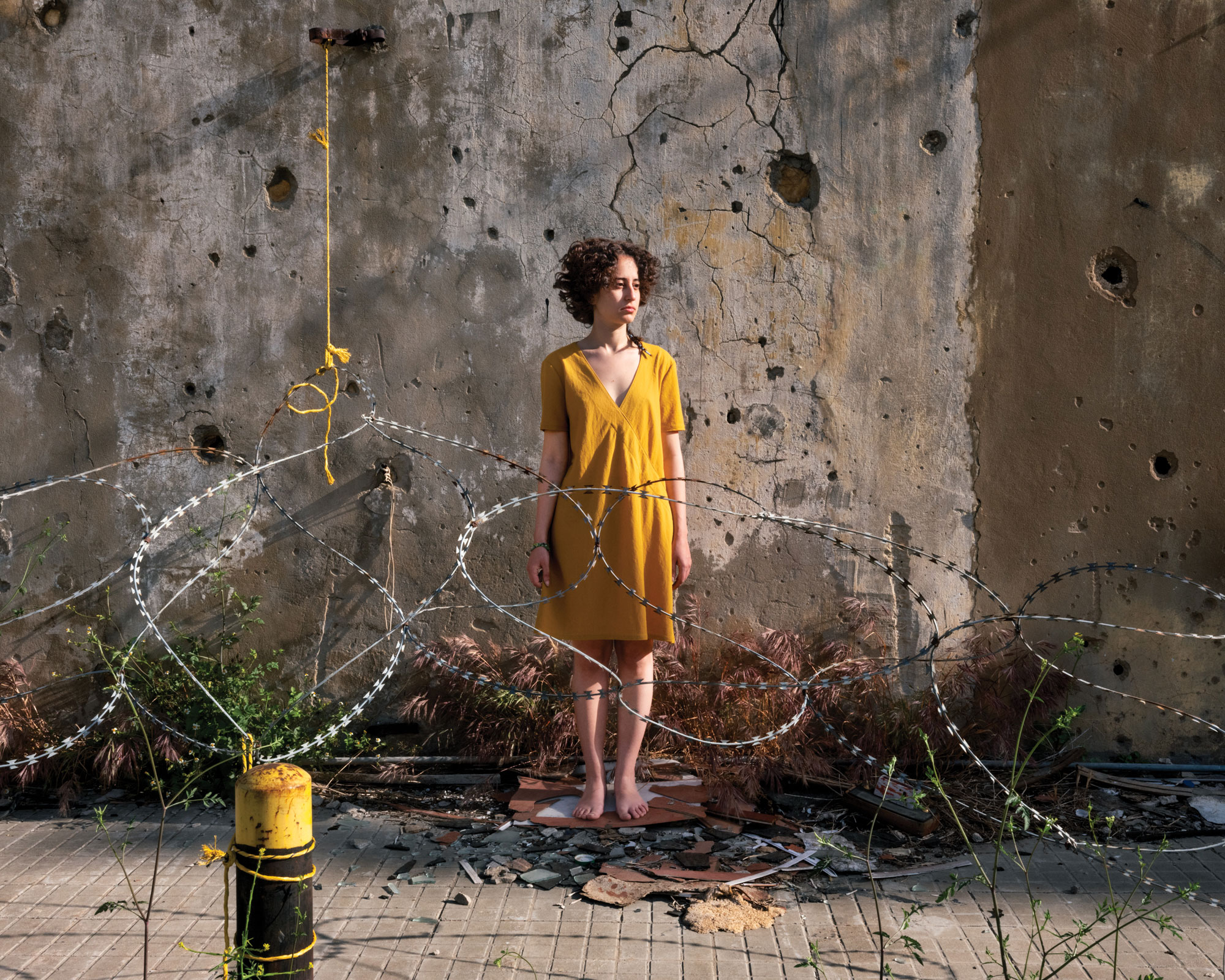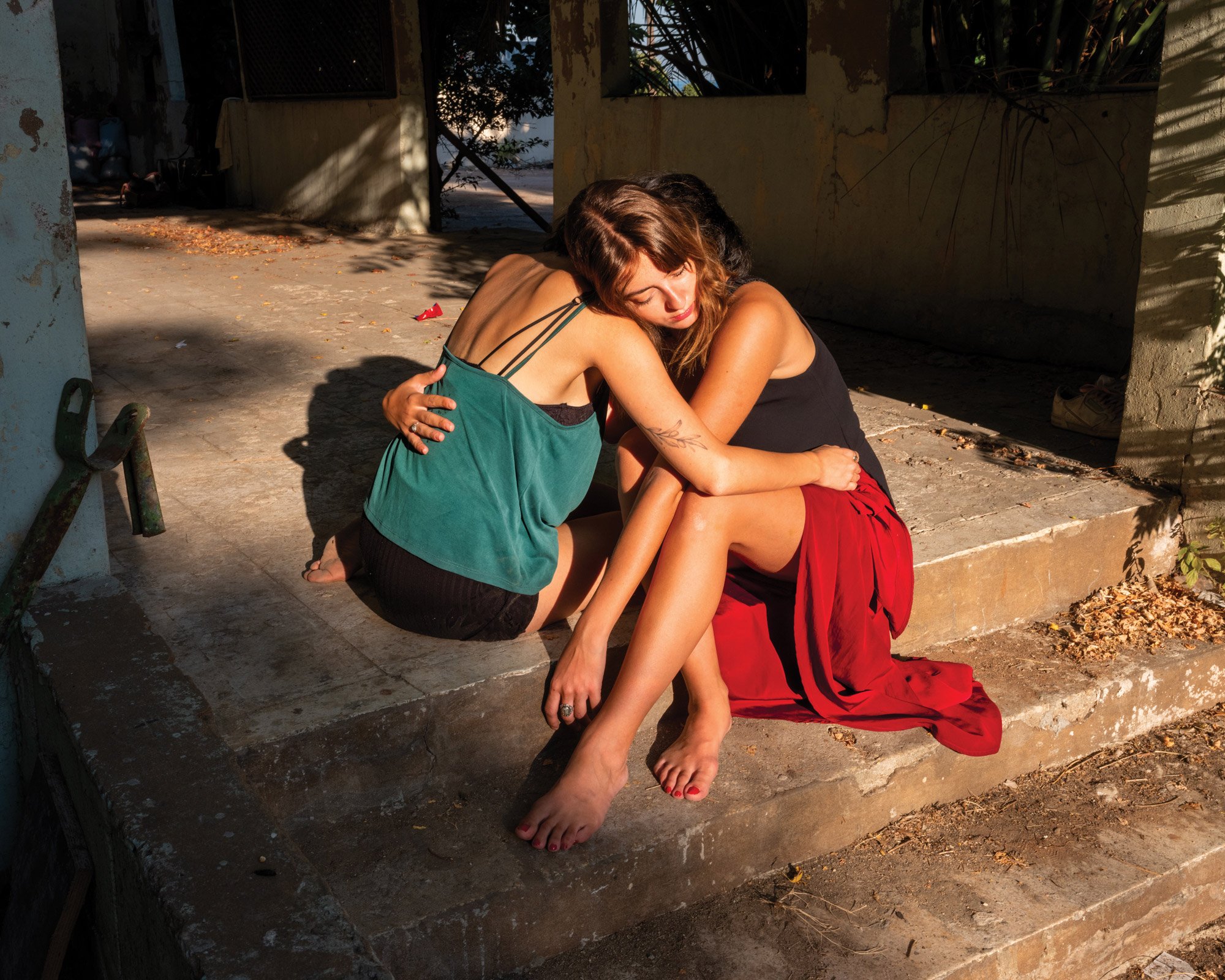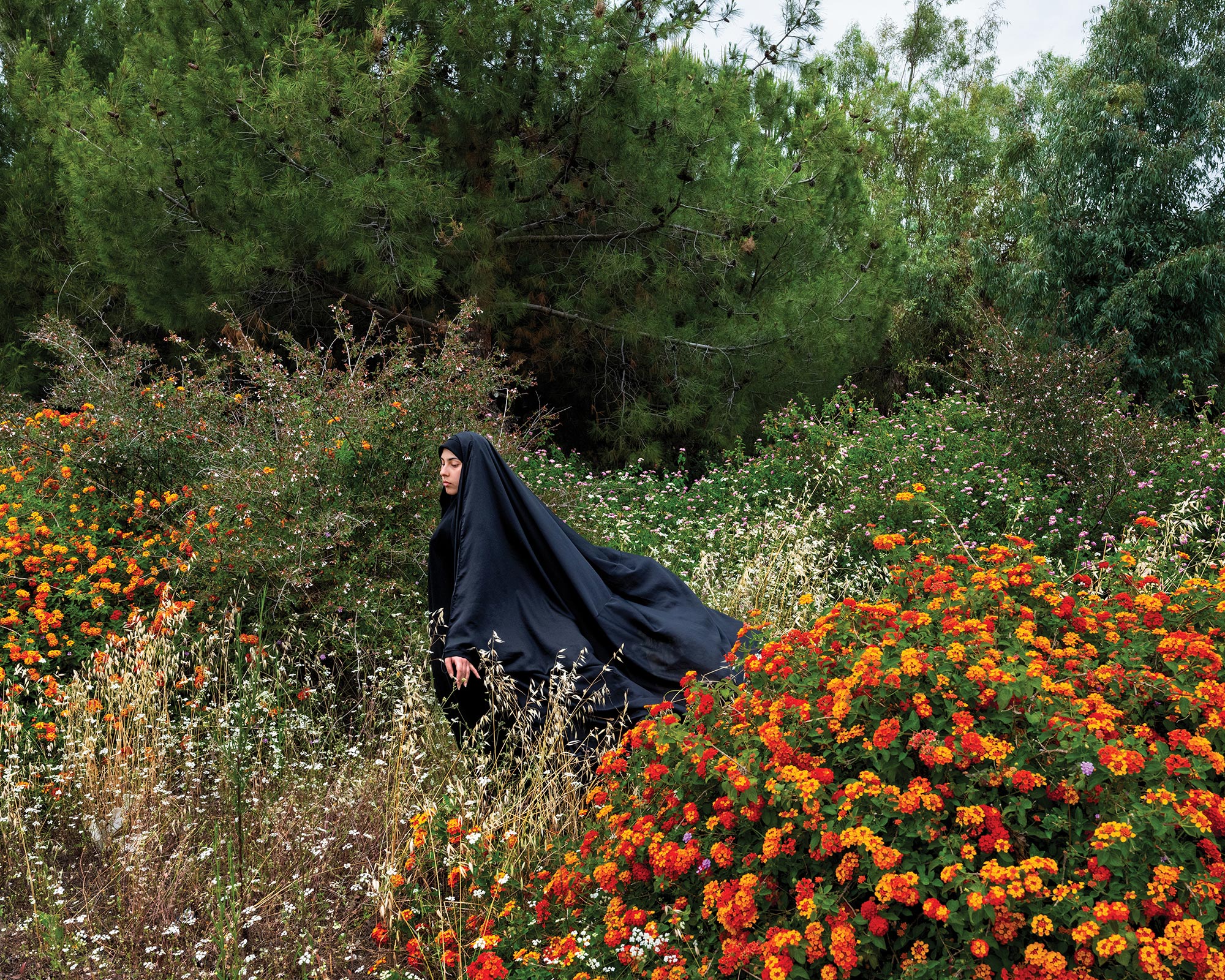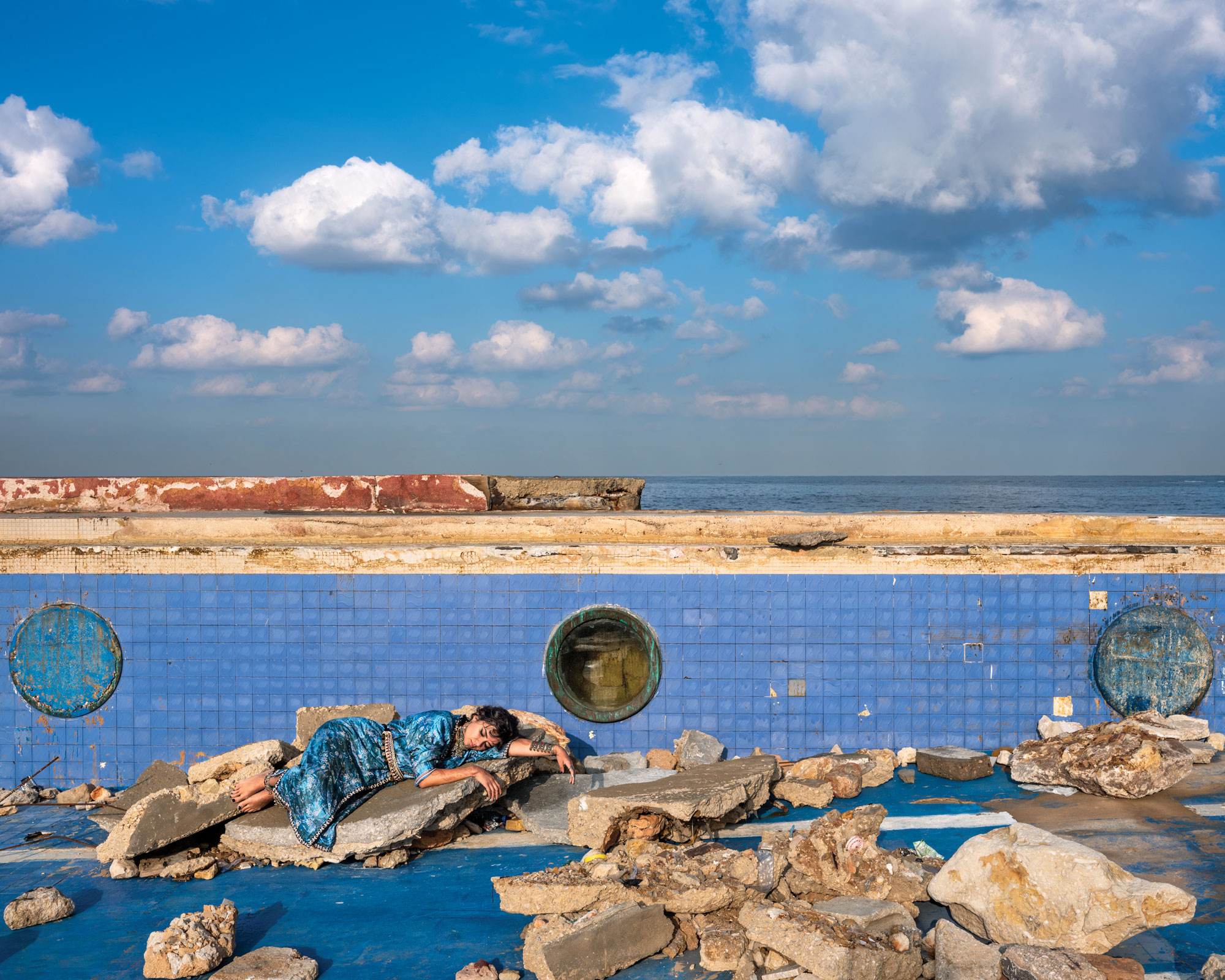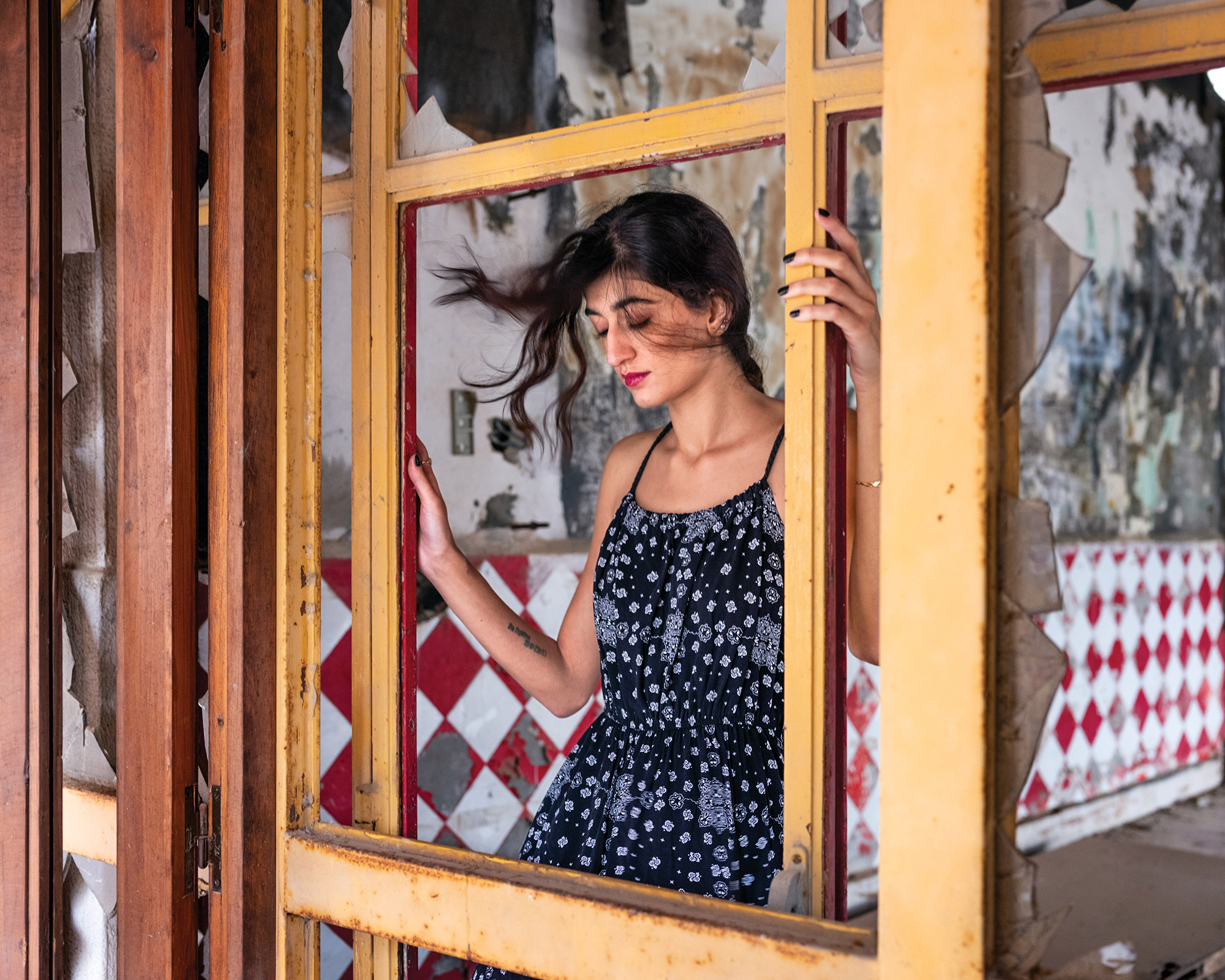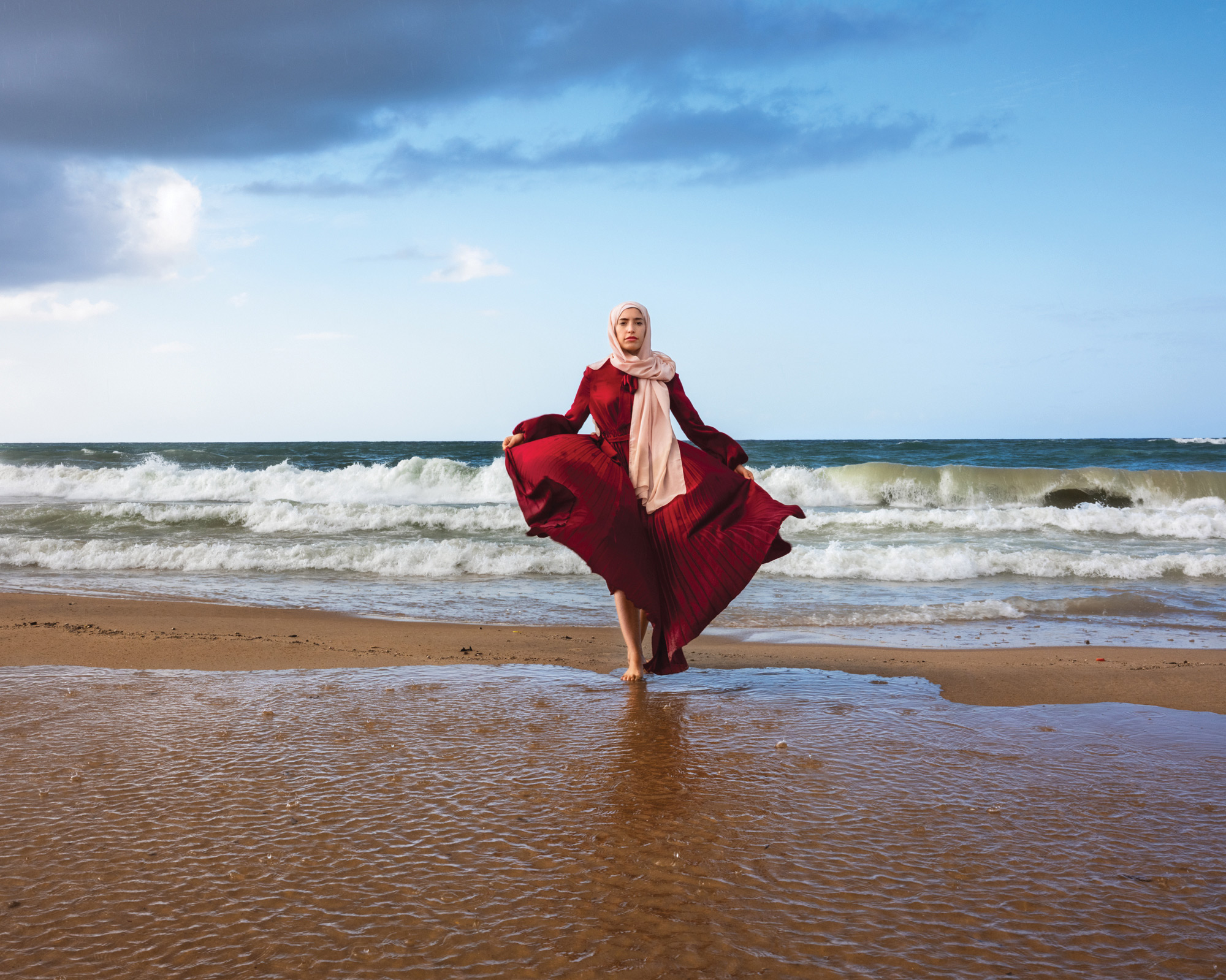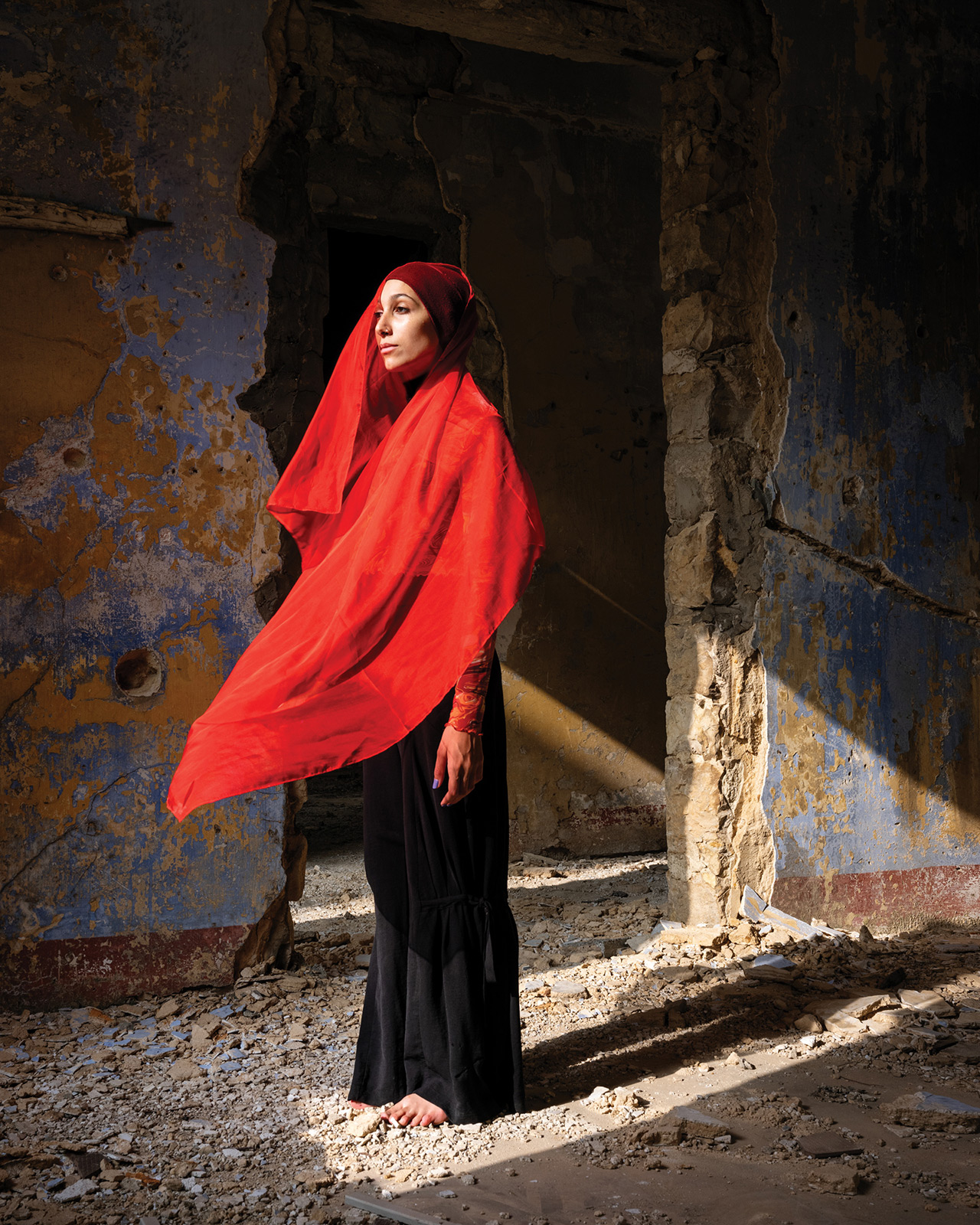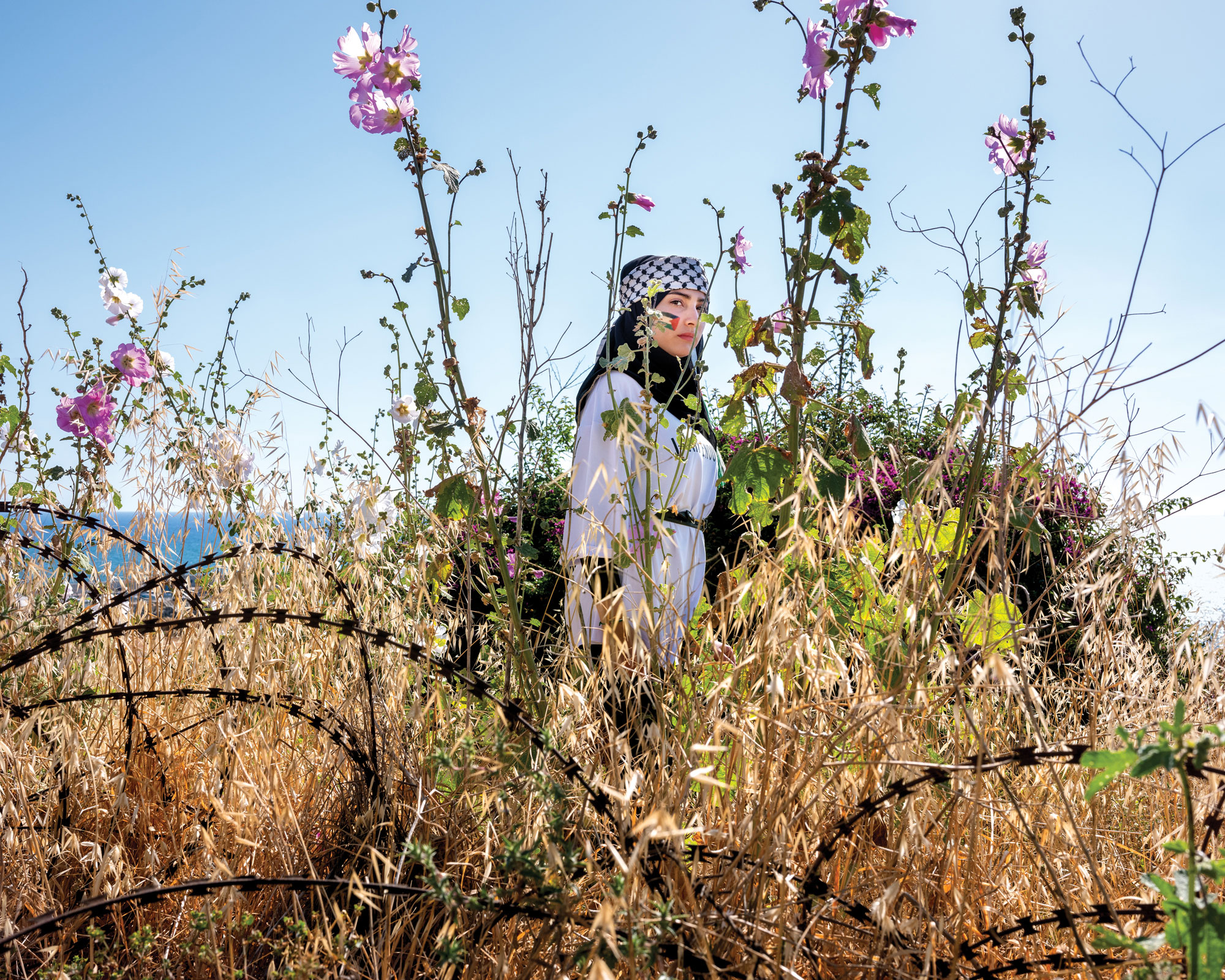50 Years Later - Where Do I Go? Continuedلوين روح
Where Do I go?Fifty Years Later
Project Statement
2025 marks the 50th anniversary of the beginning of the Lebanese Civil War. As we approach this symbolic date, Lebanon still suffers its consequences.
In the past 3 years, conditions have deteriorated fast. After years of brutal Civil War, numerous conflicts, precarious peace, corrupt governments, months of protests, and months of Covid-19 lockdown, the August 4, 2020 Port of Beirut explosions further plunged Lebanon into the abyss and total economic meltdown, with shortages of cash, gas, electricity, medicine, and water. According to the World Bank, Lebanon experienced the most devastating, multi-pronged crisis in its modern history, and one of the most severe crises globally since the mid-nineteenth century.
However, I found hope and inspiration in the women who were volunteering in the reconstruction after the explosions. Instead of focusing on destruction, I chose to focus on their majestic presence, their creativity, strength, dignity, and resilience.
The project kept evolving as I collaborated with them. The port explosions now feel like part of the linear history of a country defined by conflicts for close to 50 years. We collaborated against meaningful and symbolic backdrops of the unique textures of the country: layered walls of Beirut, the Mediterranean, raw mountains, traditional and abandoned buildings, and the many layers of destruction accumulated over the years.
Every picture has a narrative. The women, the land, the architecture are intertwined. The collaboration is intense, creative, emotional, and personal. The need to hold on to creativity and self-expression feels urgent.
I see my younger self in these women. I viscerally feel their hopes, their pains, dreams, fears, and dilemmas. I was twenty when I left Lebanon in 1984 during the Civil War, to go study in the United States, in what had been the largest wave of emigration – until now. Many are now at that same juncture.
The work is focused on Lebanon, but it speaks to a whole area and era of life in many countries in the Middle East. It speaks to the collapse of a country but also to the resilience, strength, and creativity of a population as seen through its women, at a time where women from the Middle East are grossly misrepresented in the media. It also speaks of exile, my own, but also those young women’s and the painful decision they face in determining whether to leave home, or to remain despite the fraught conditions.
While my photographs may not provide answers or solutions, I hope they can act as moments of contemplation in finding the beauty, the humanity, and the grace that still exist despite all. They are my love letter to the women of Lebanon.


